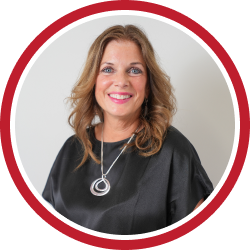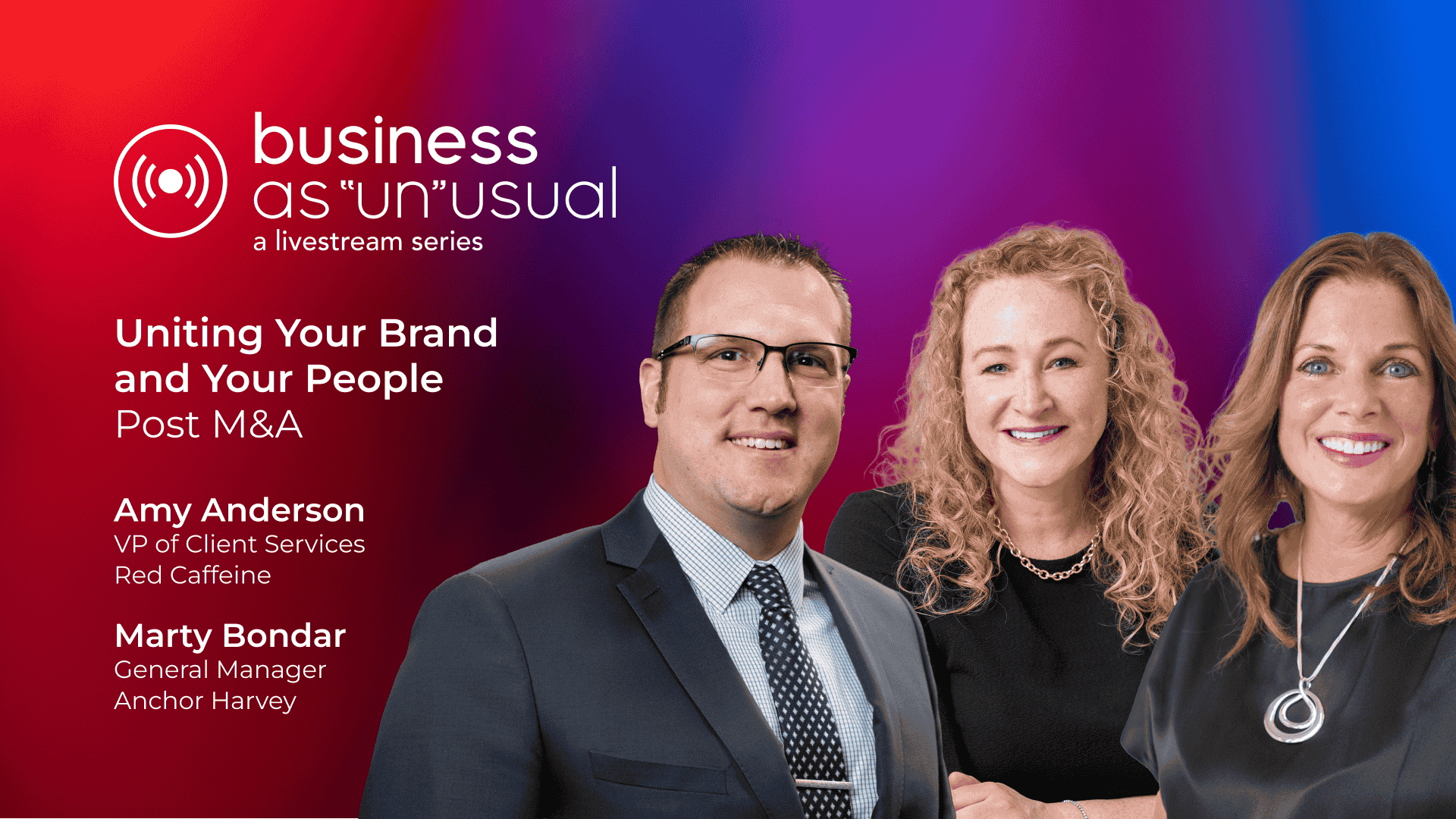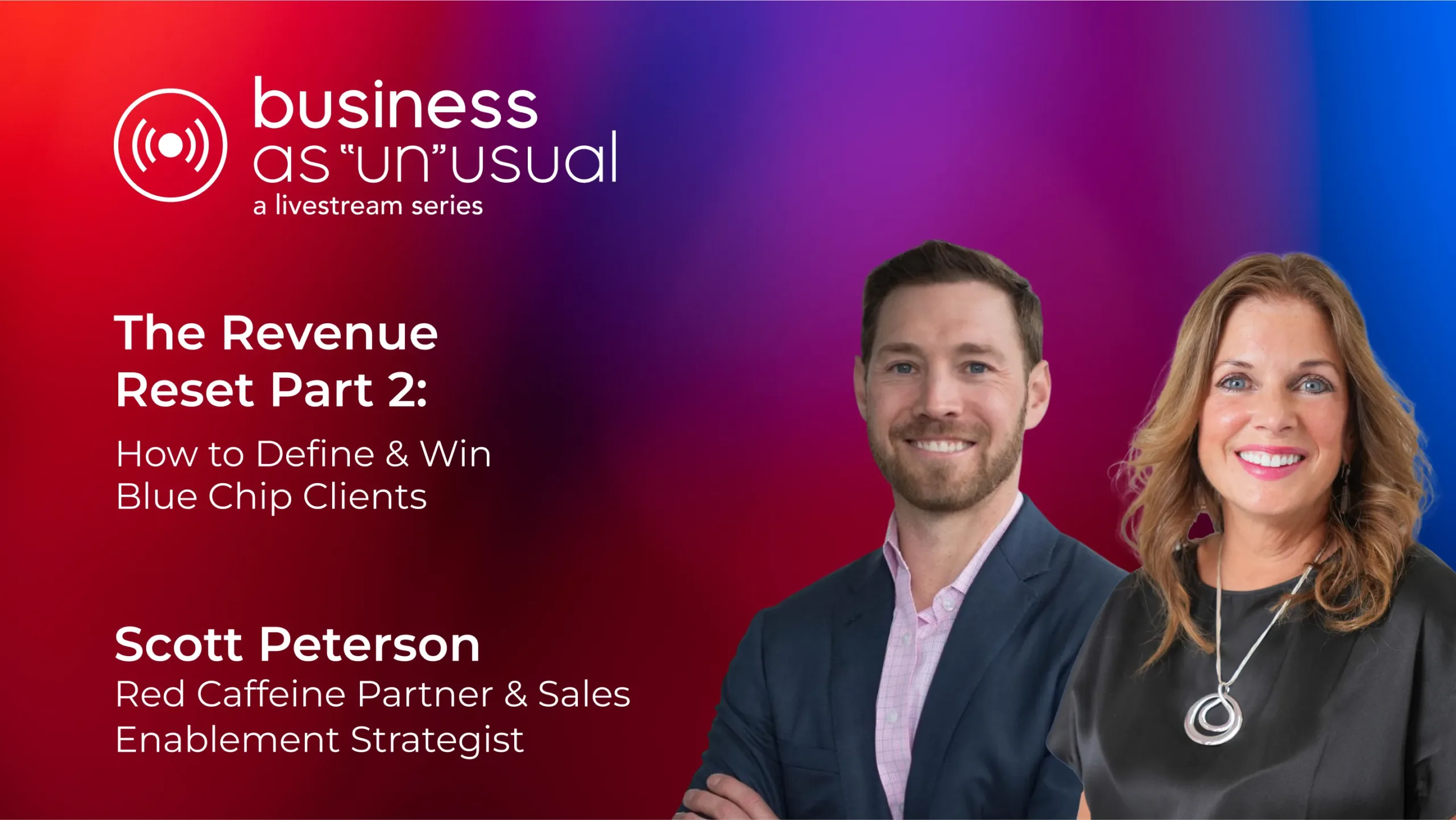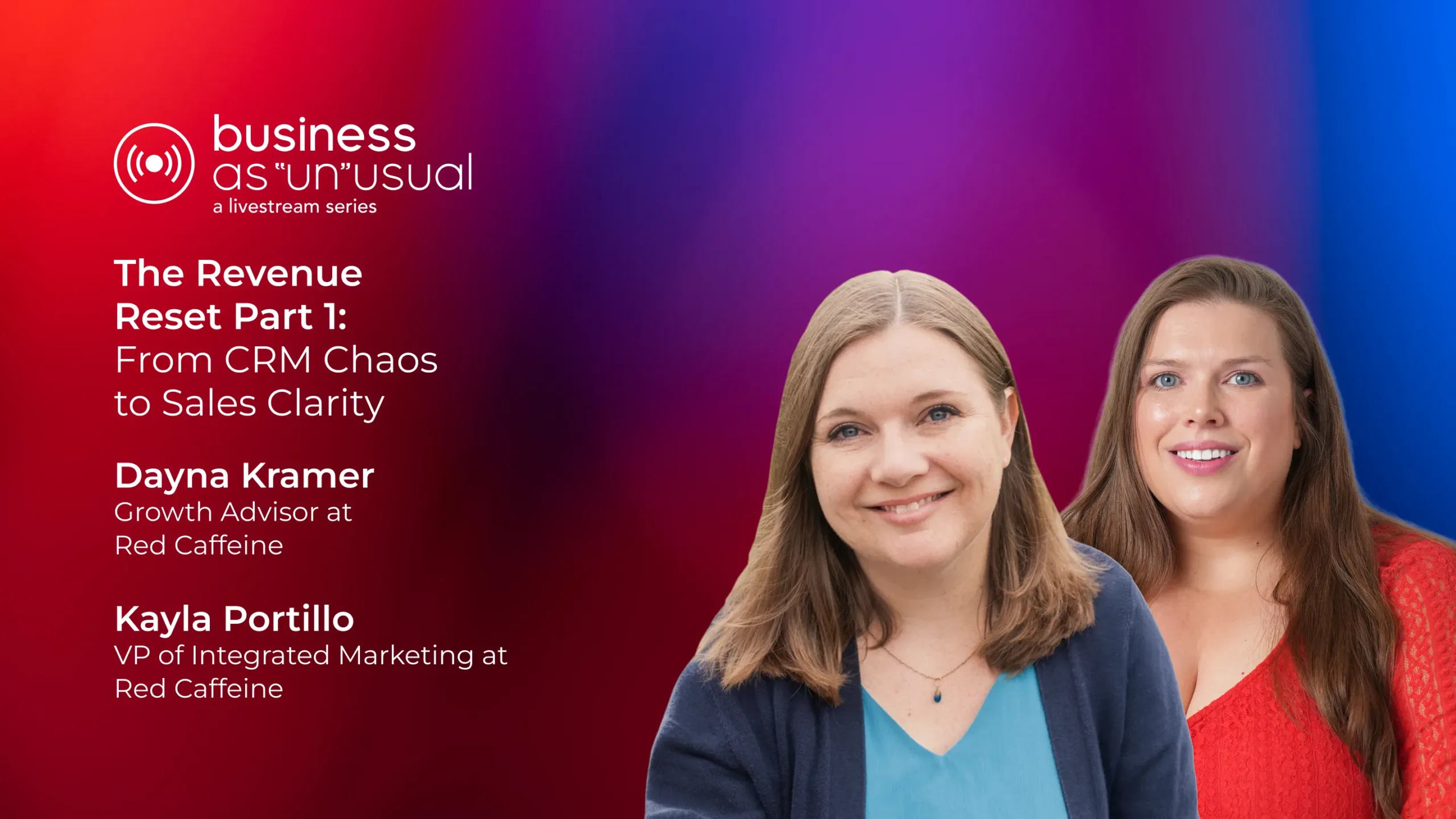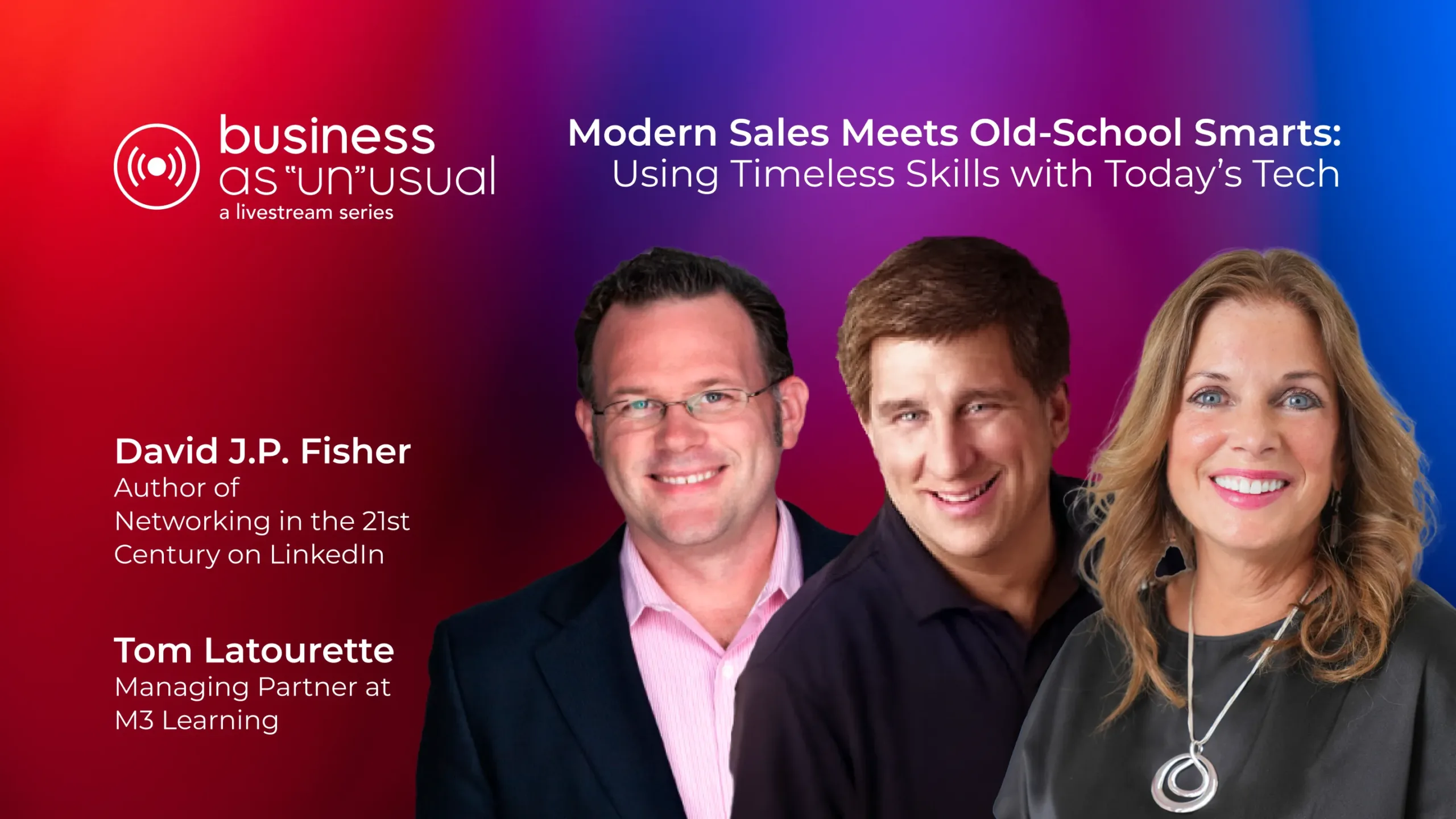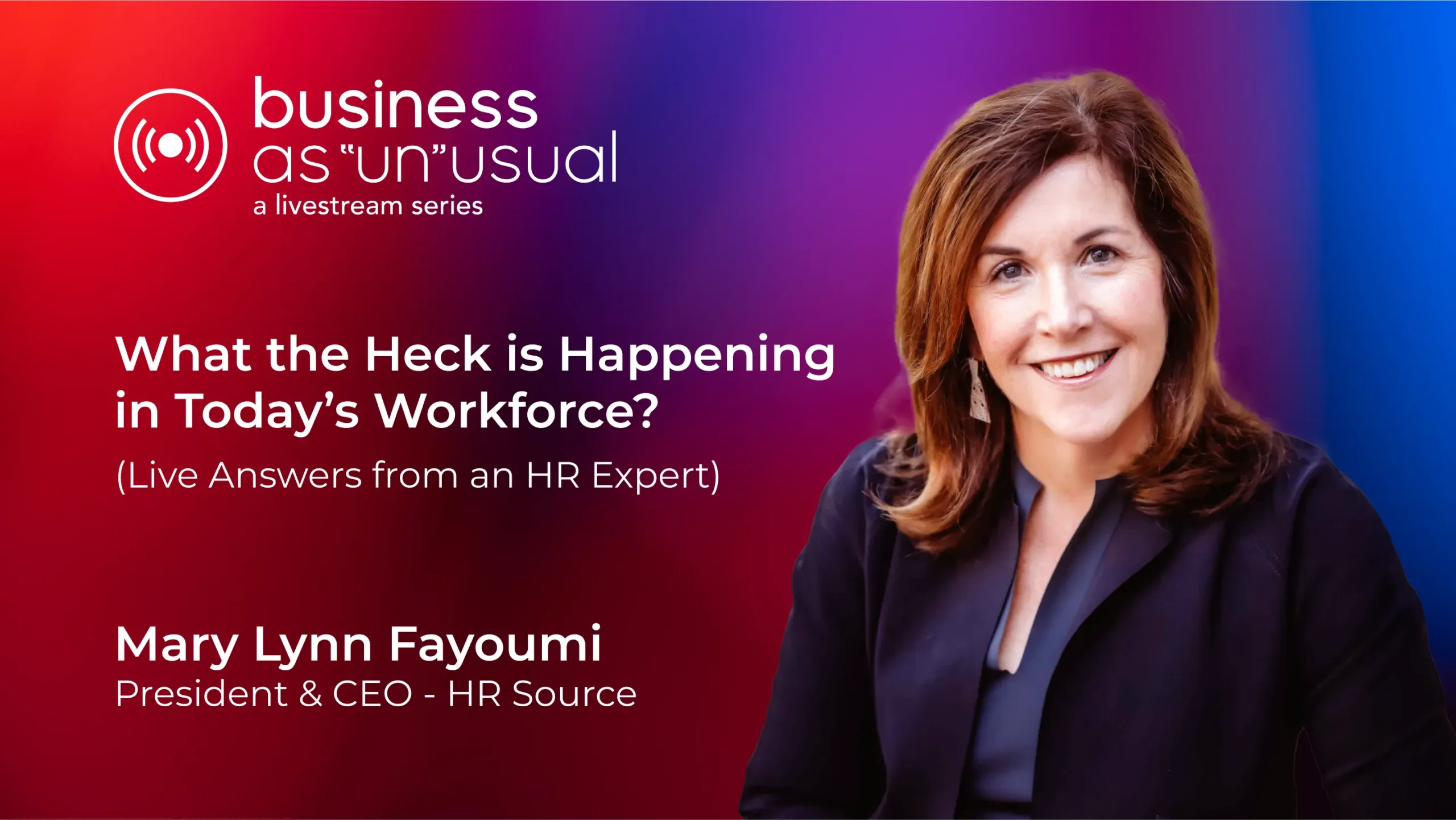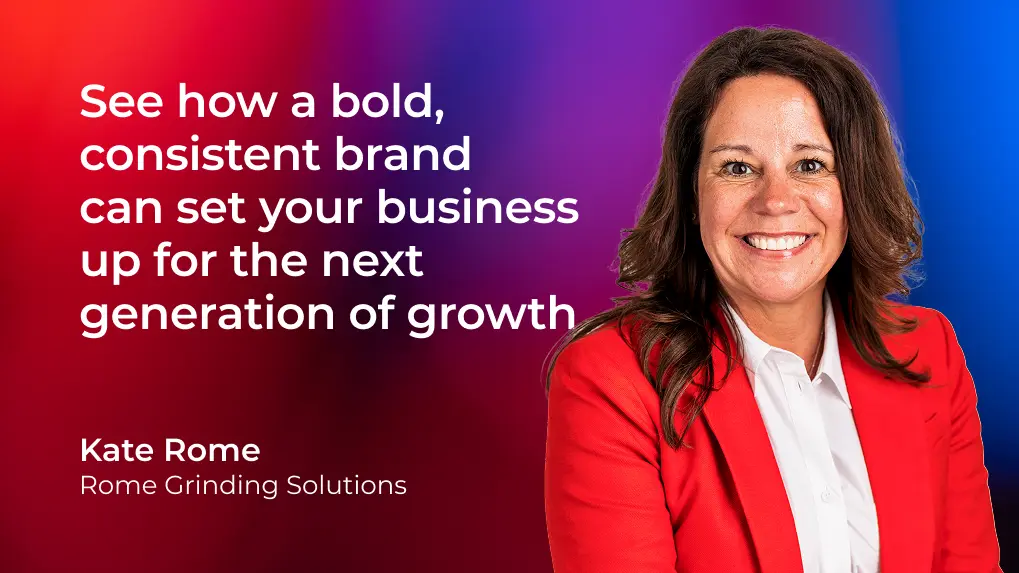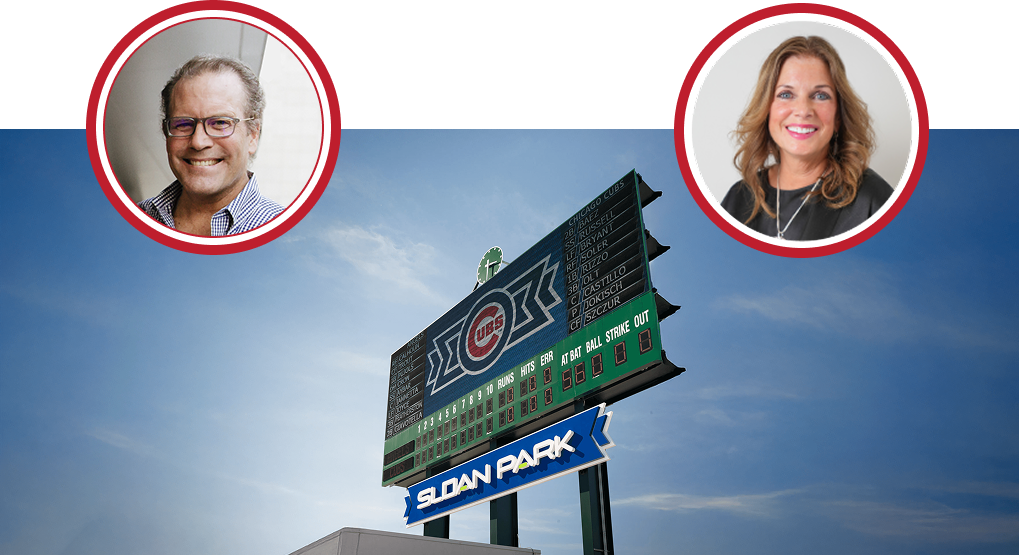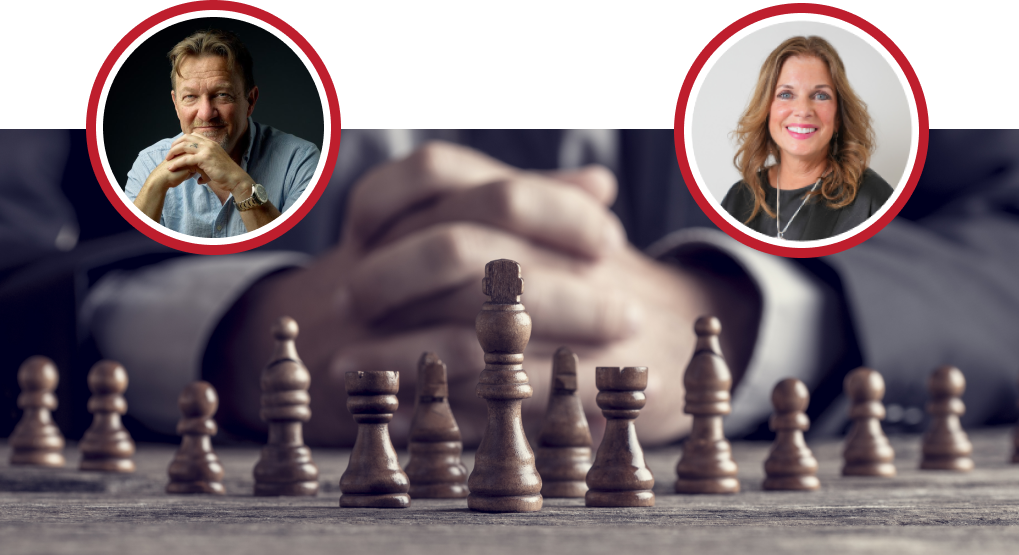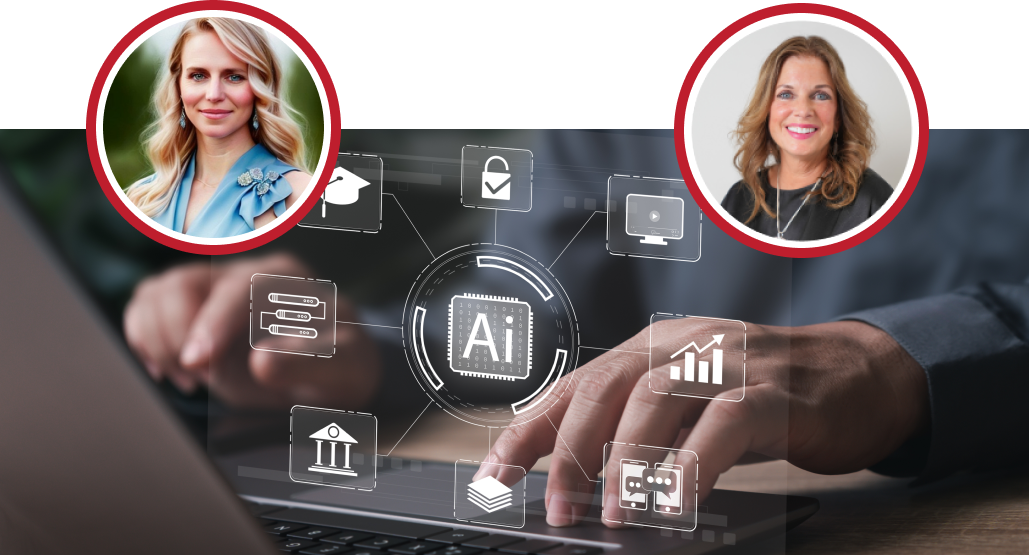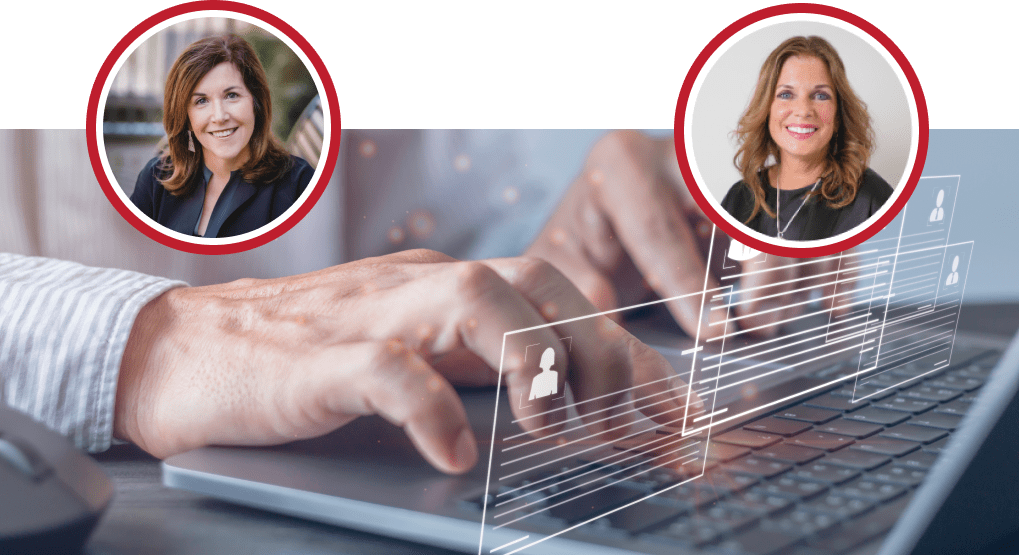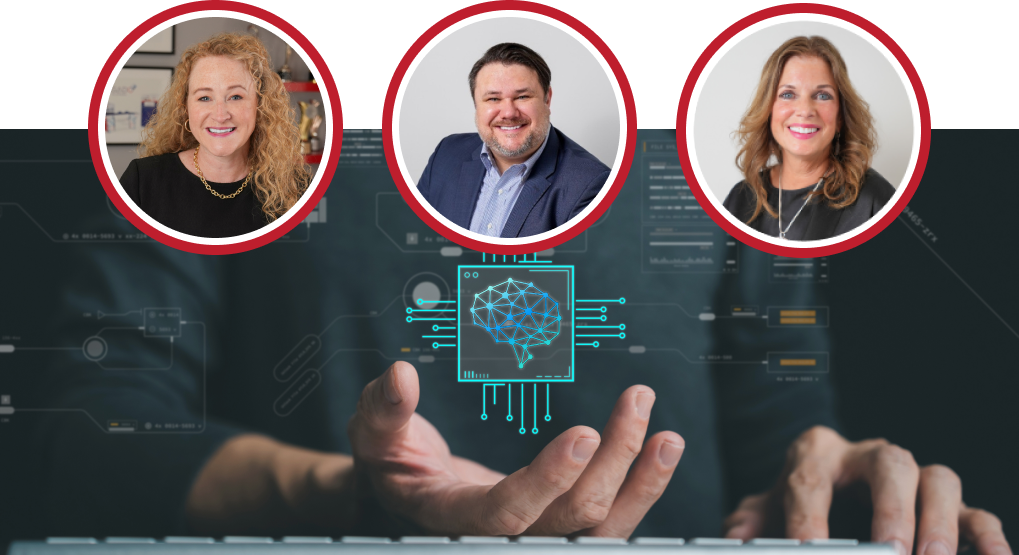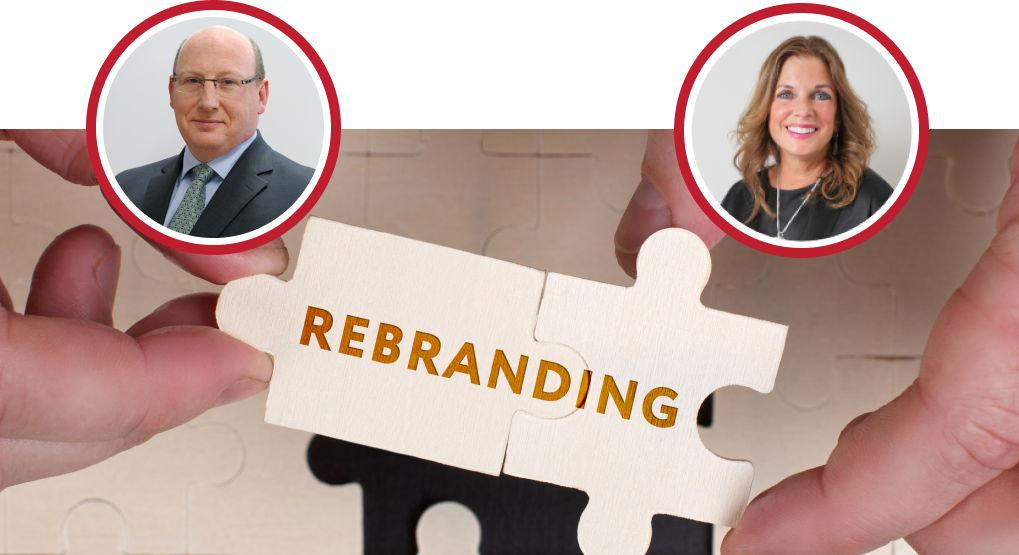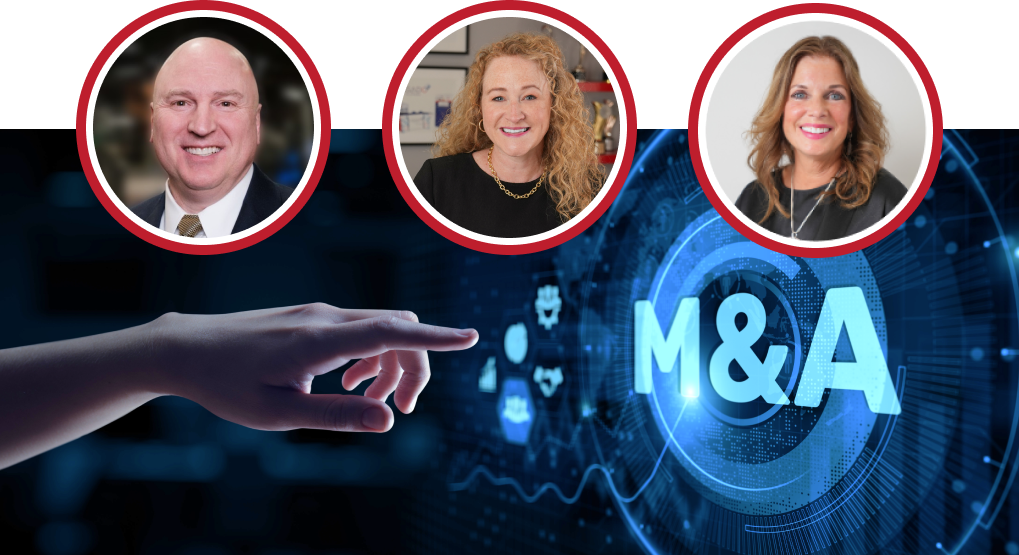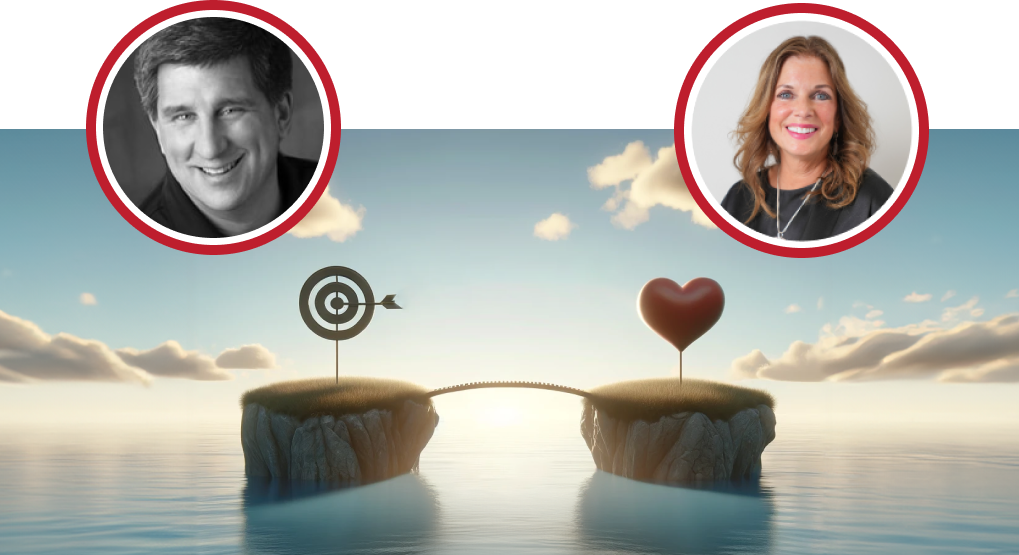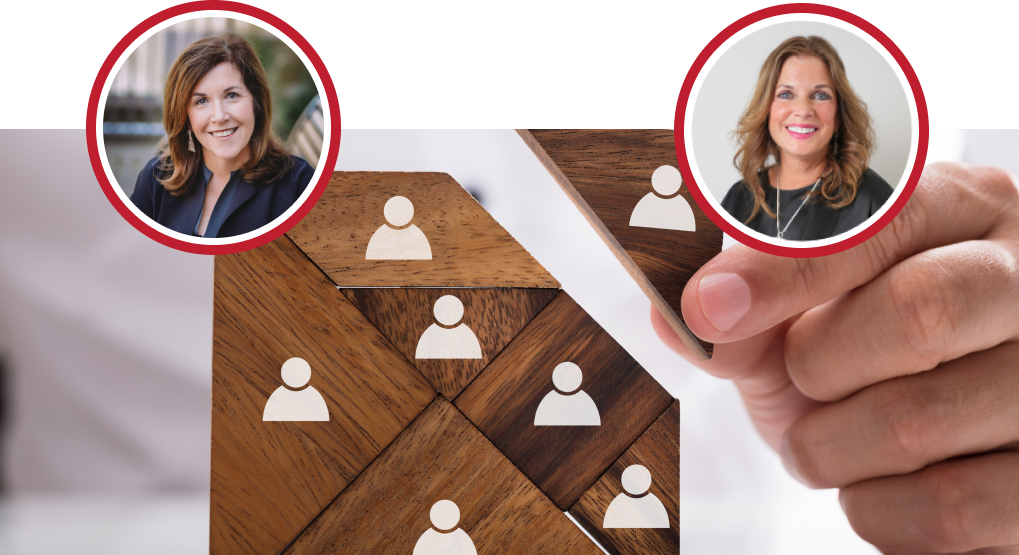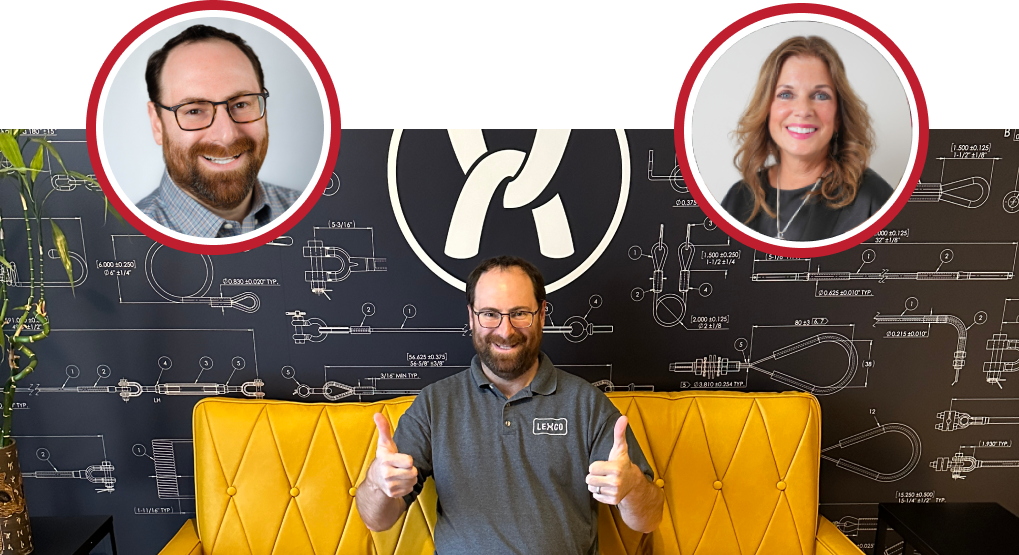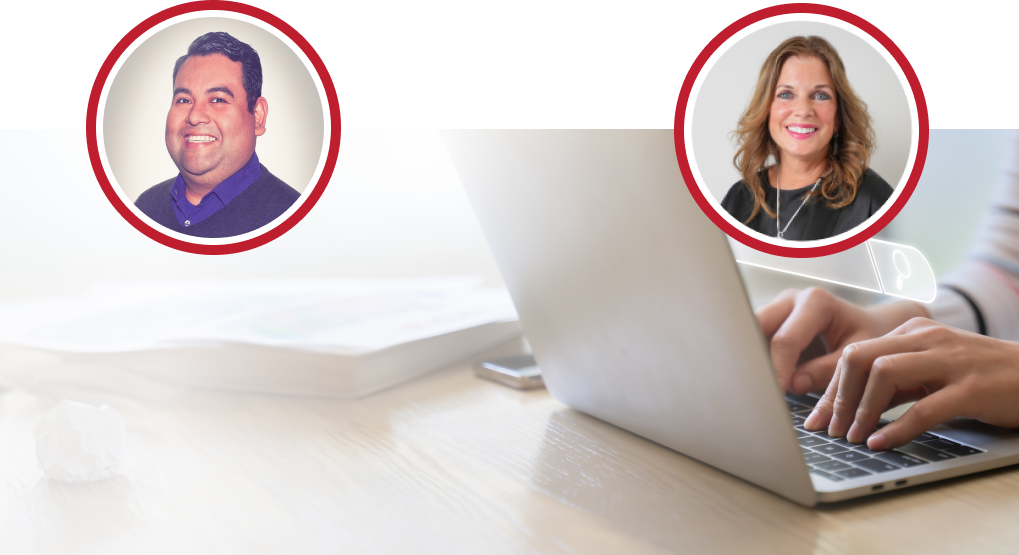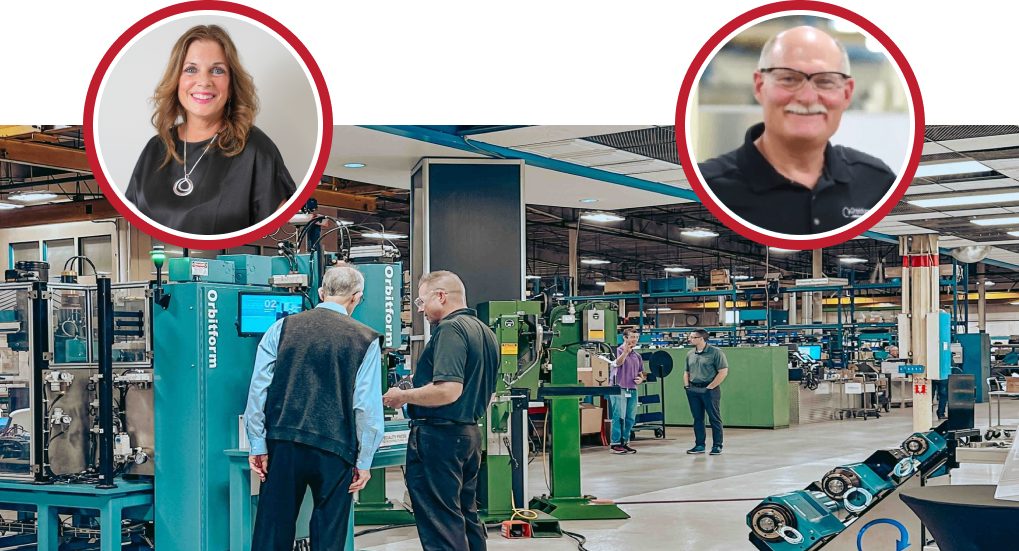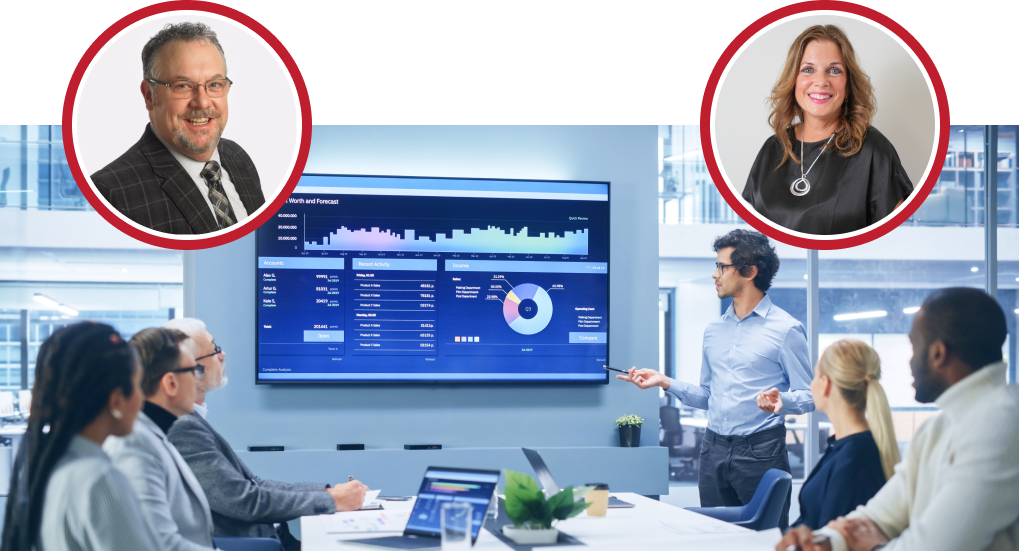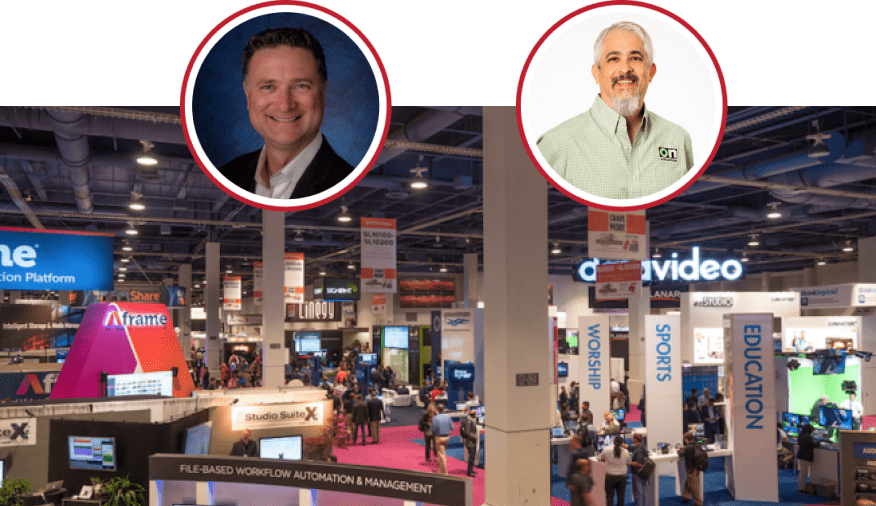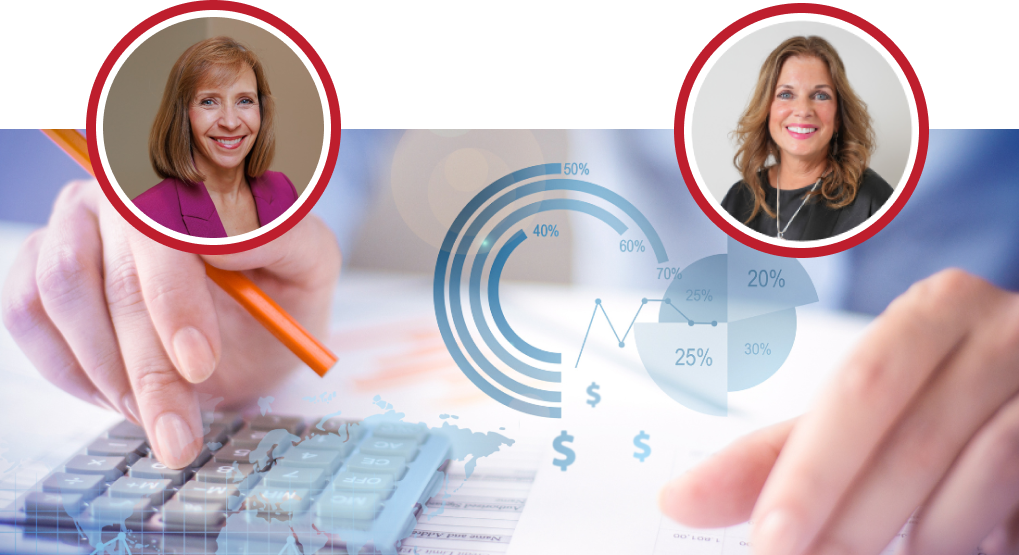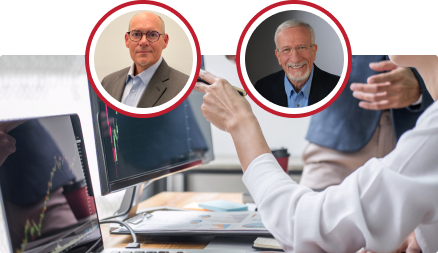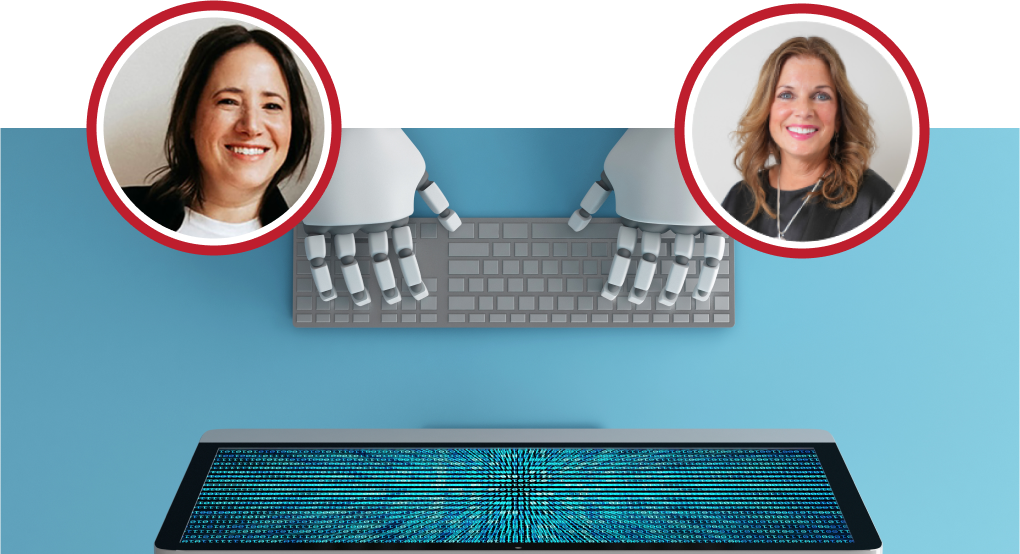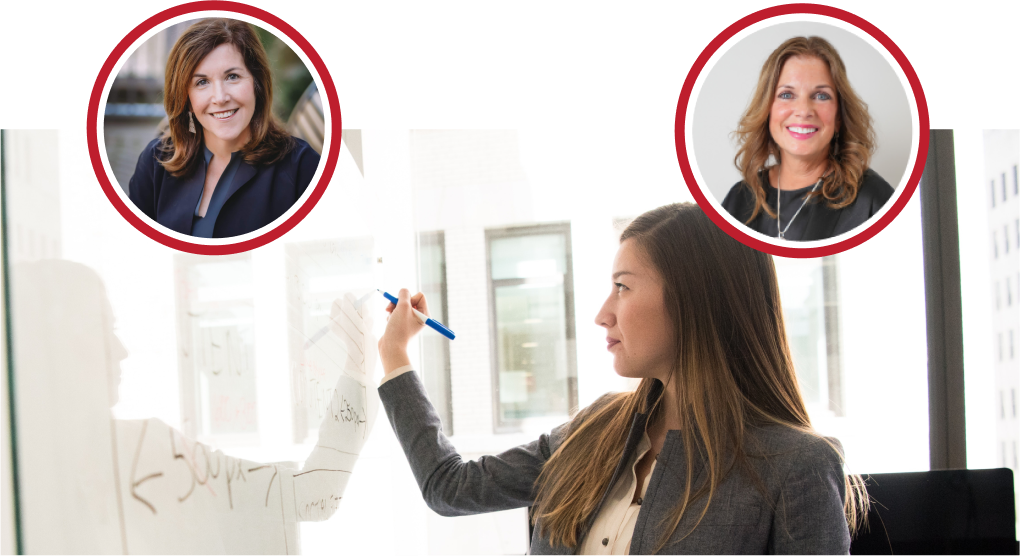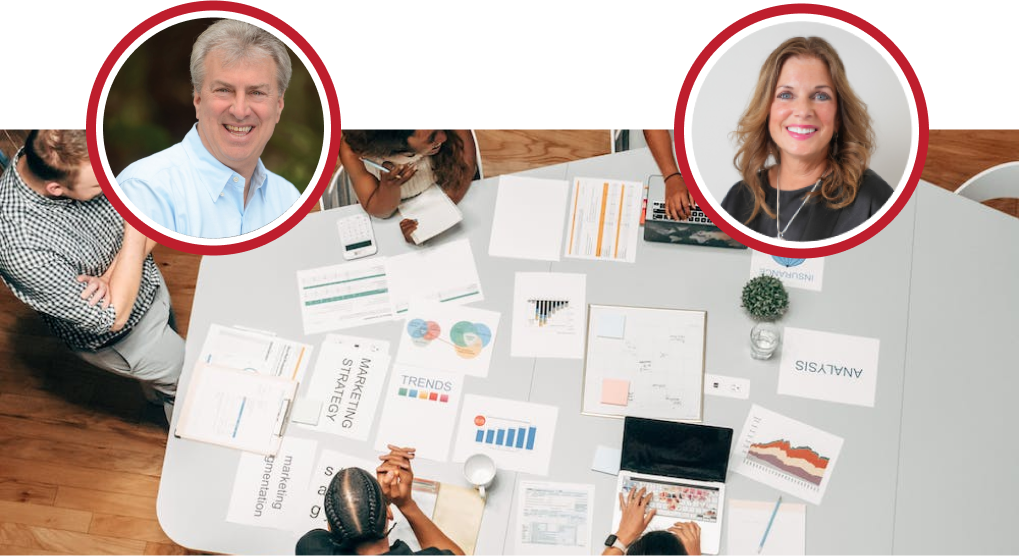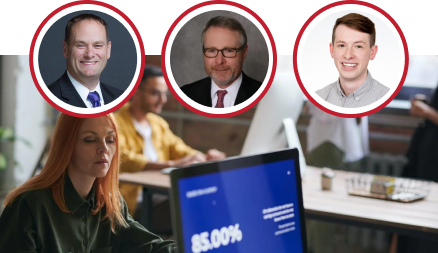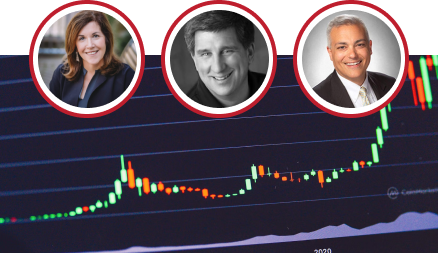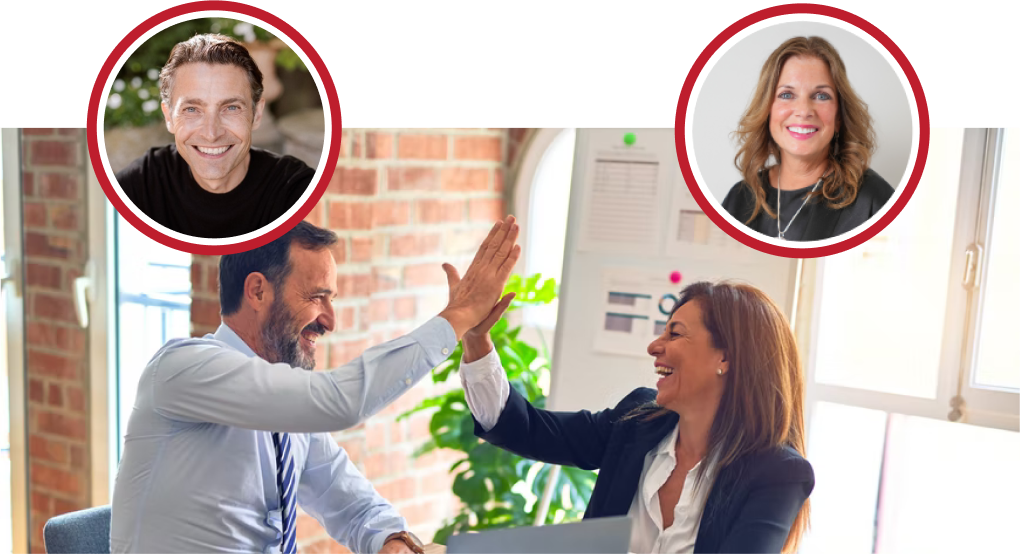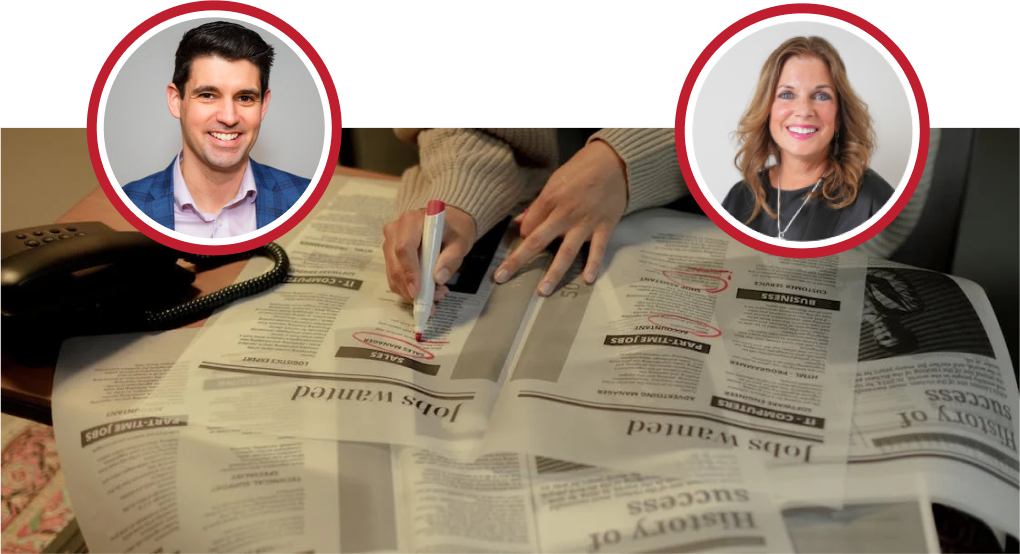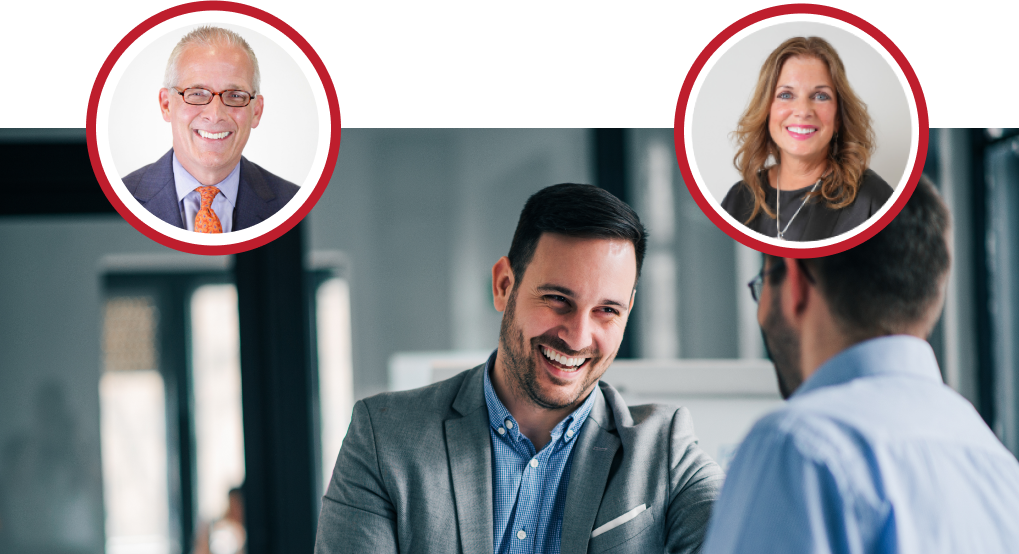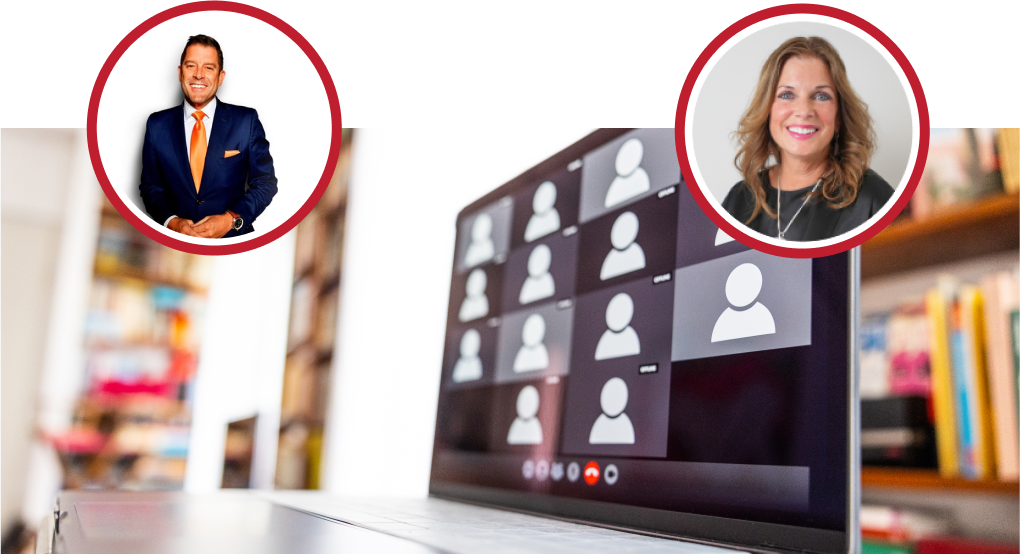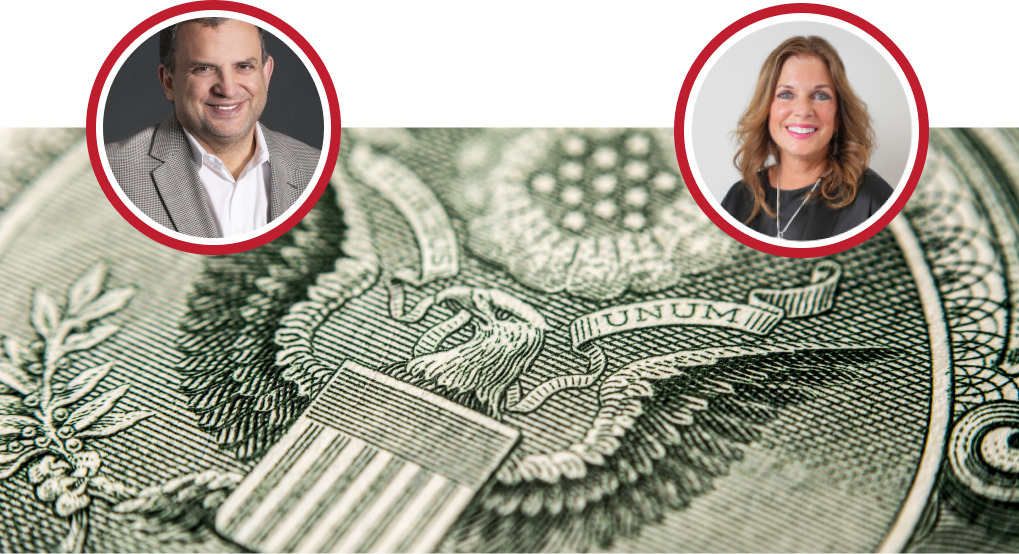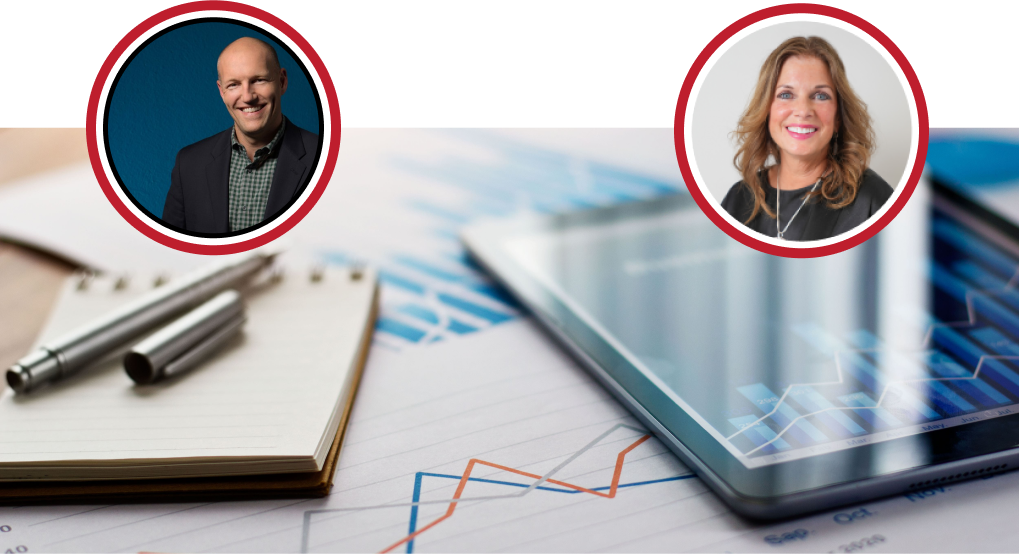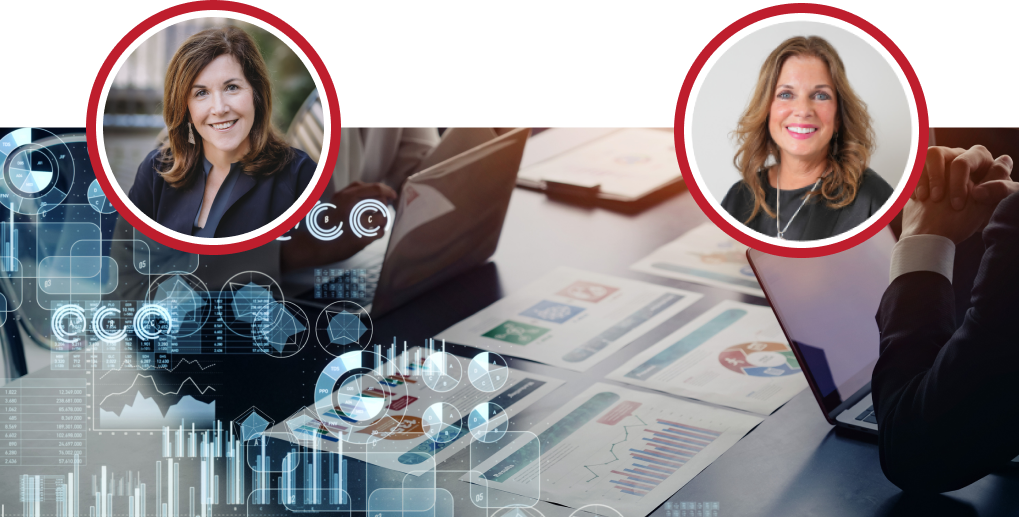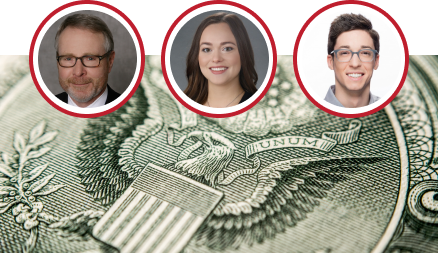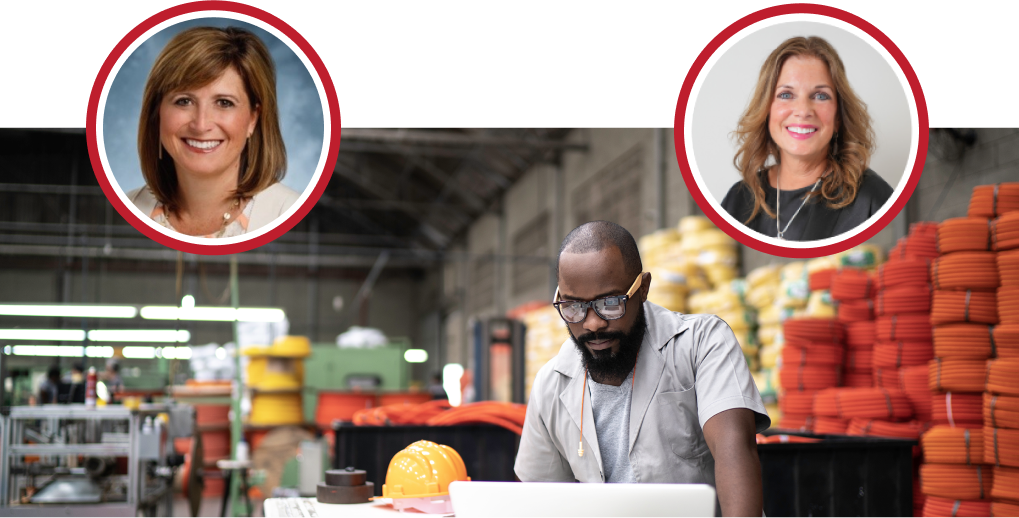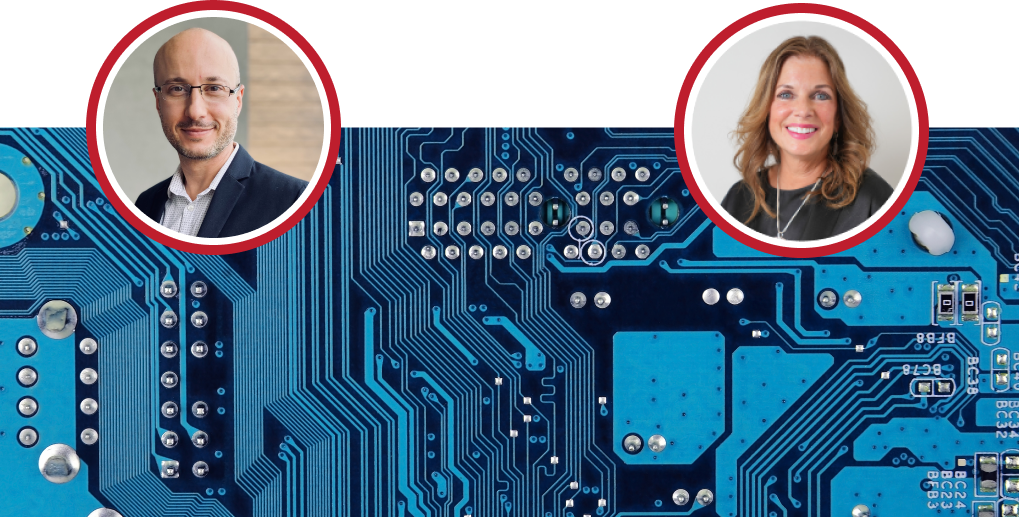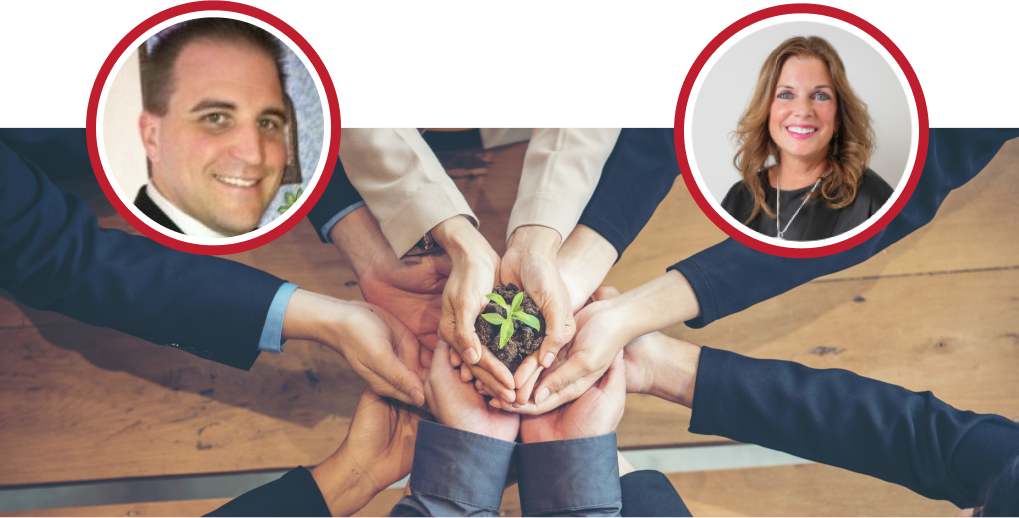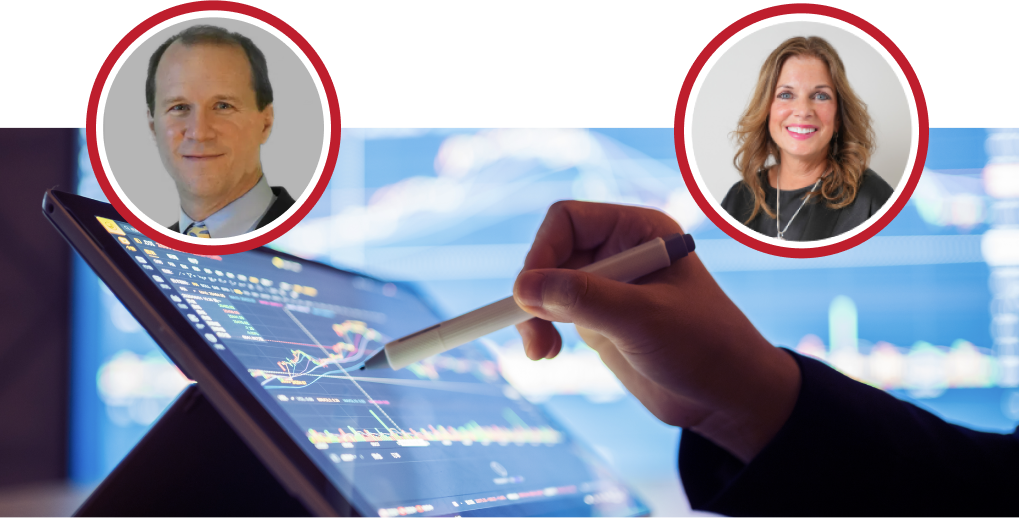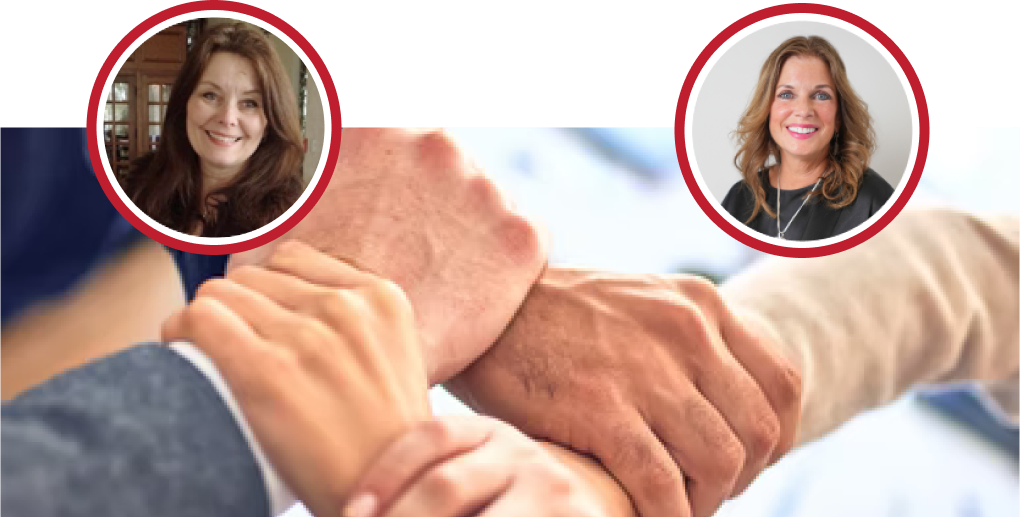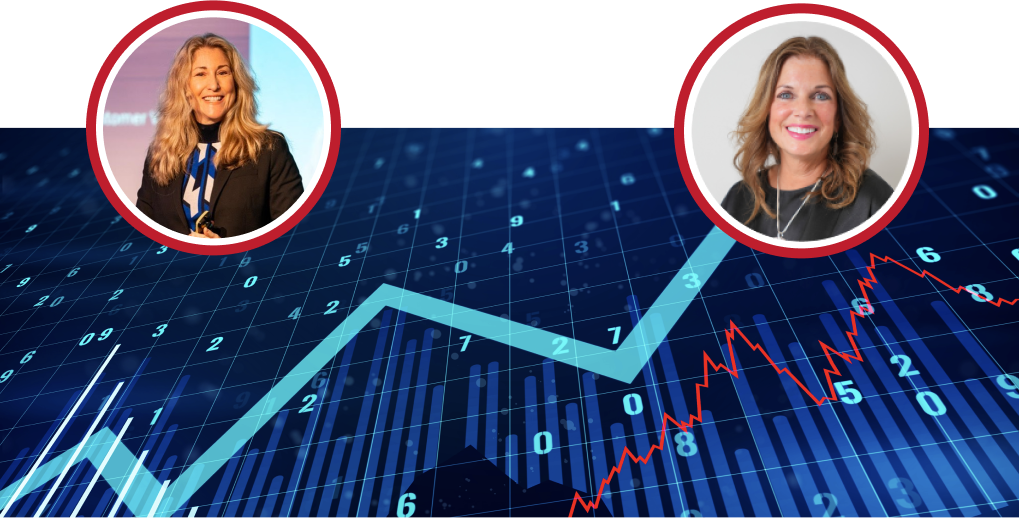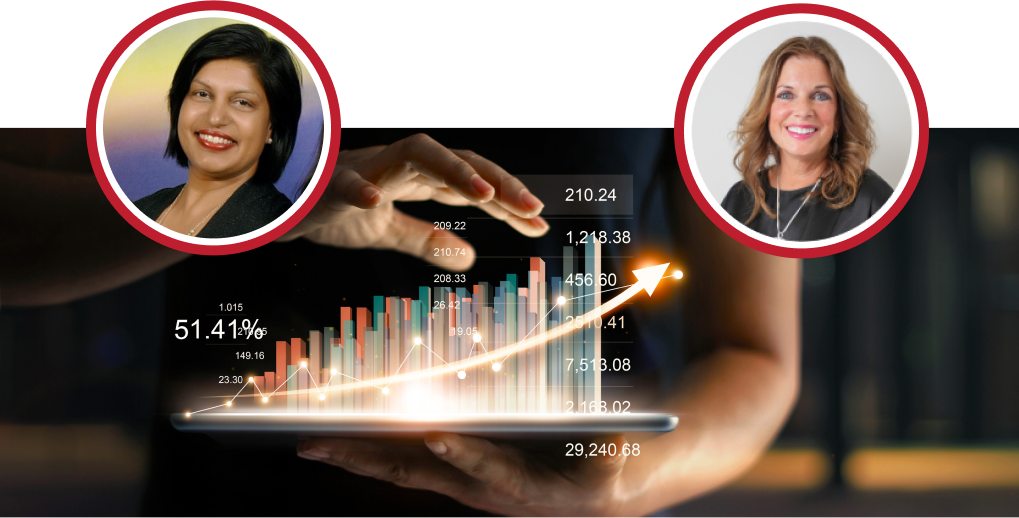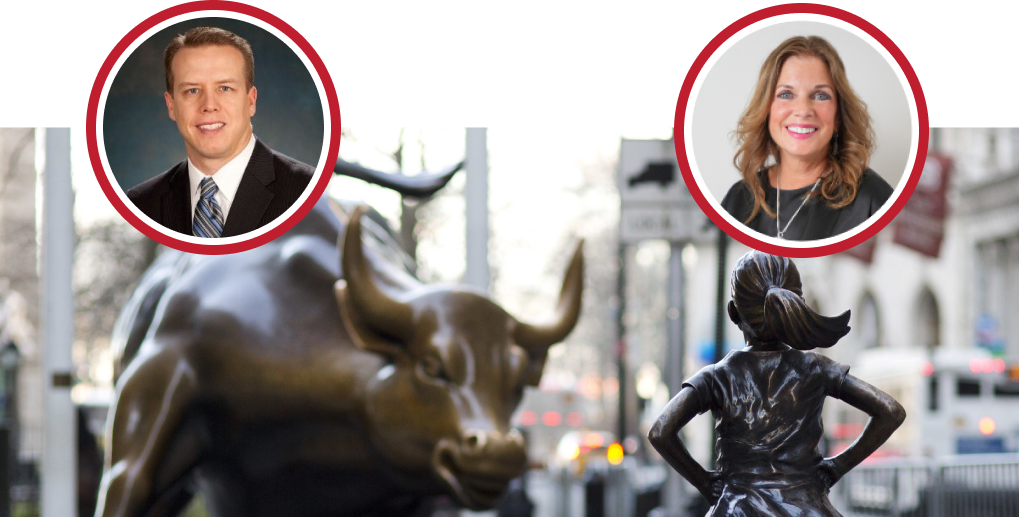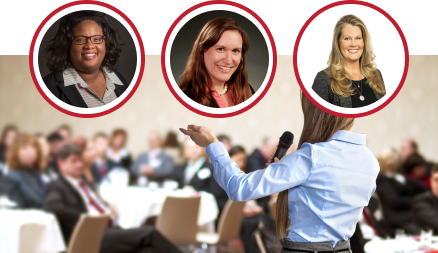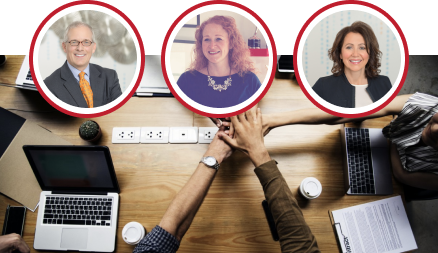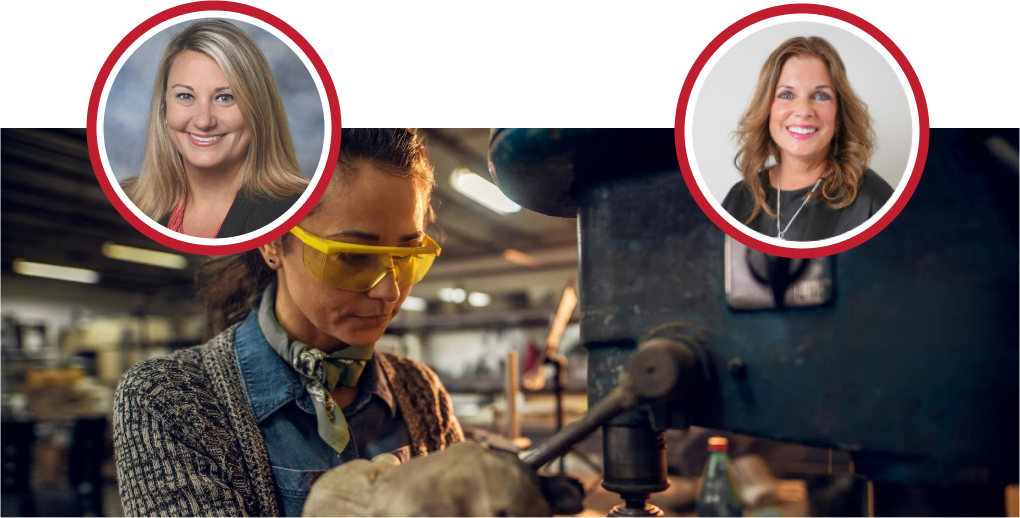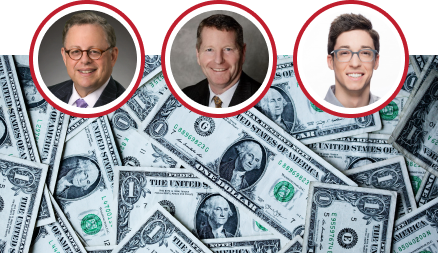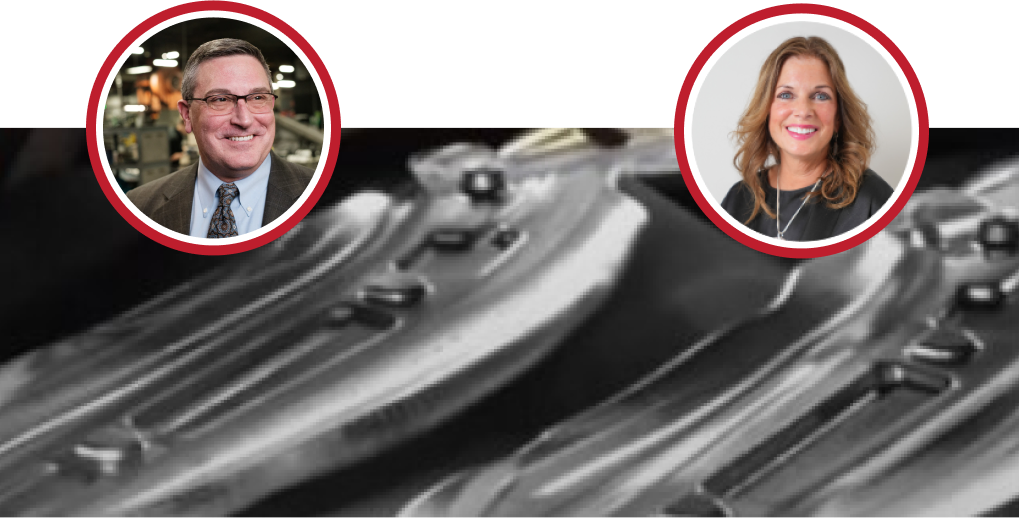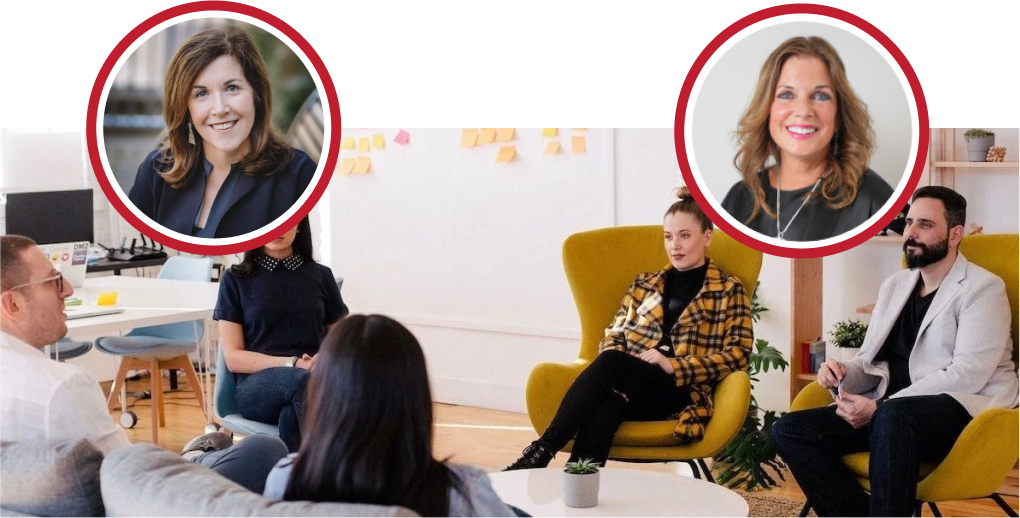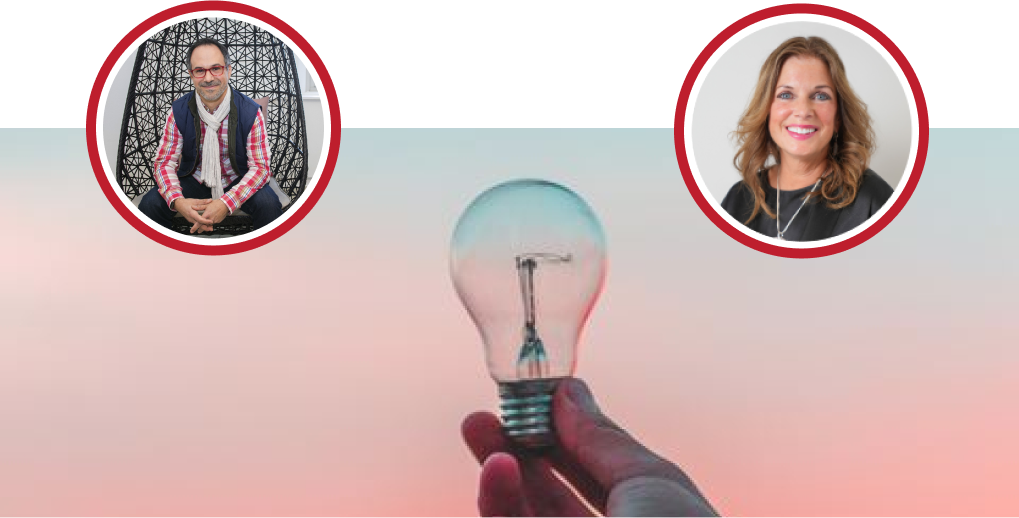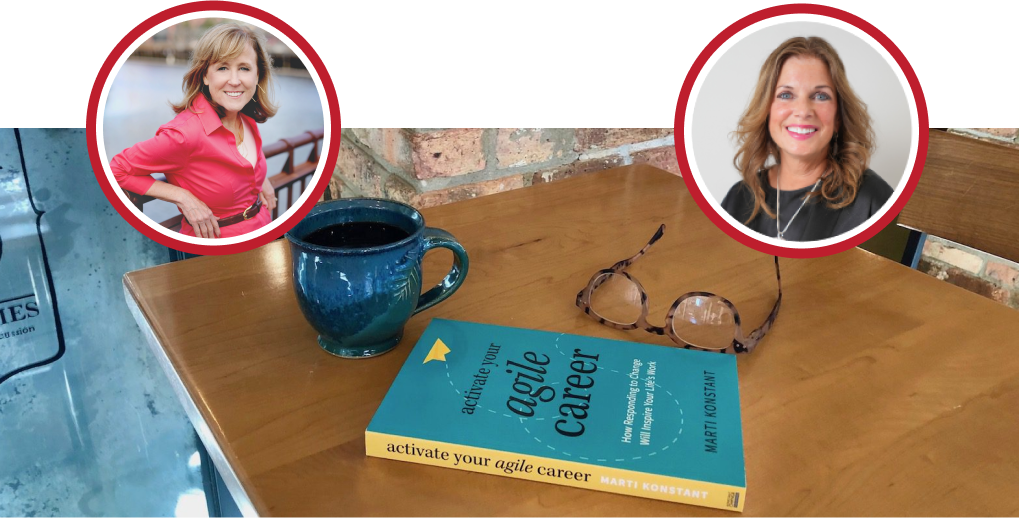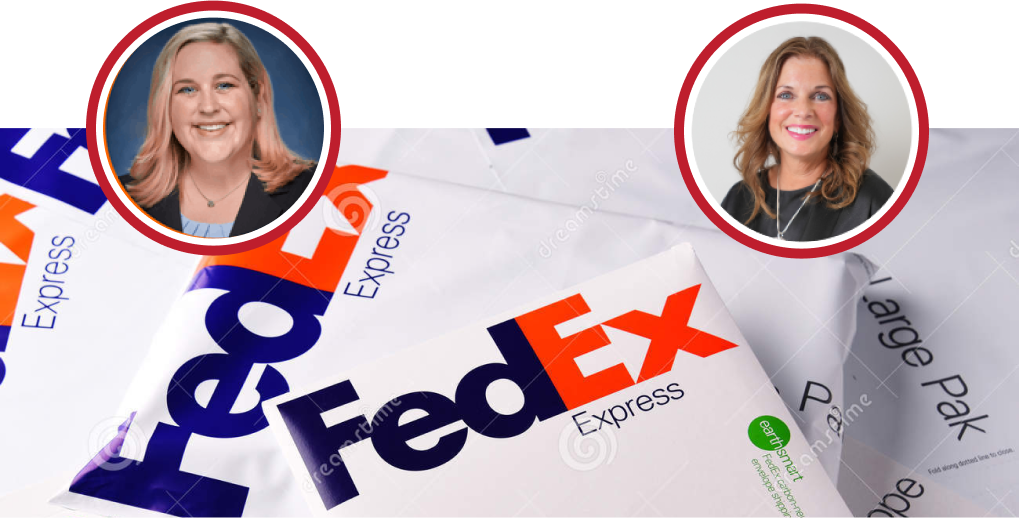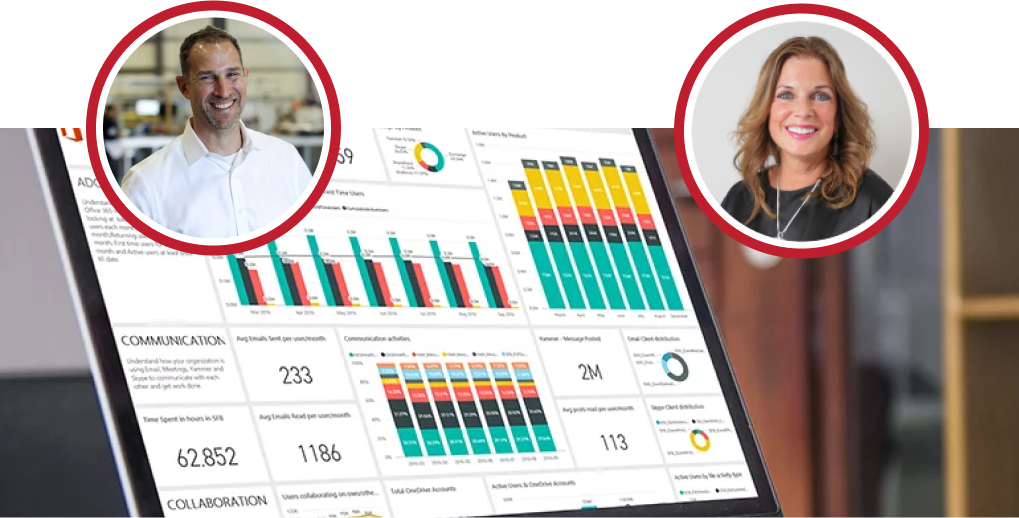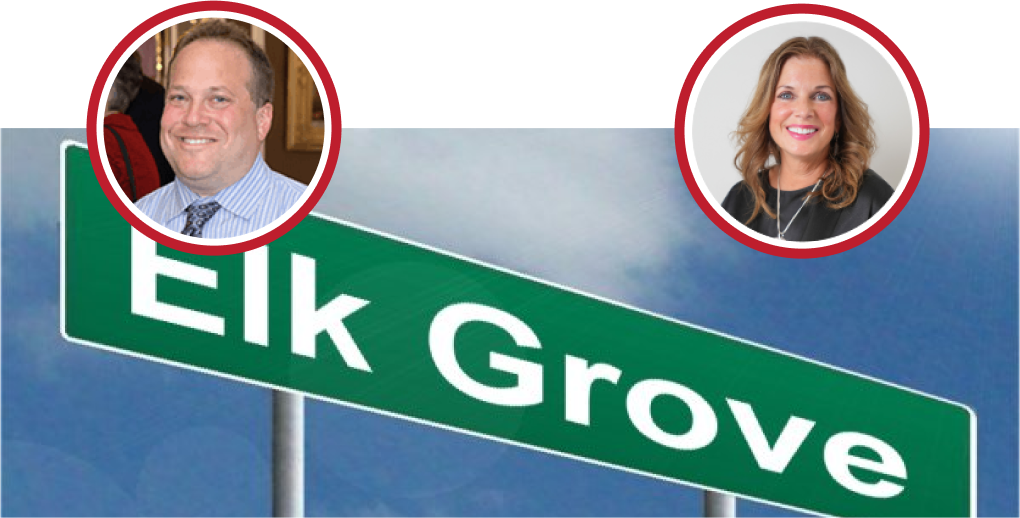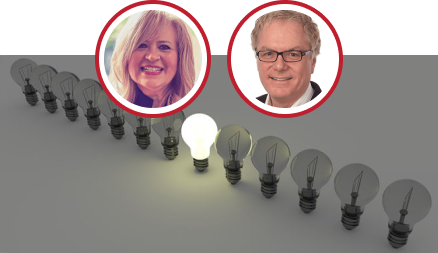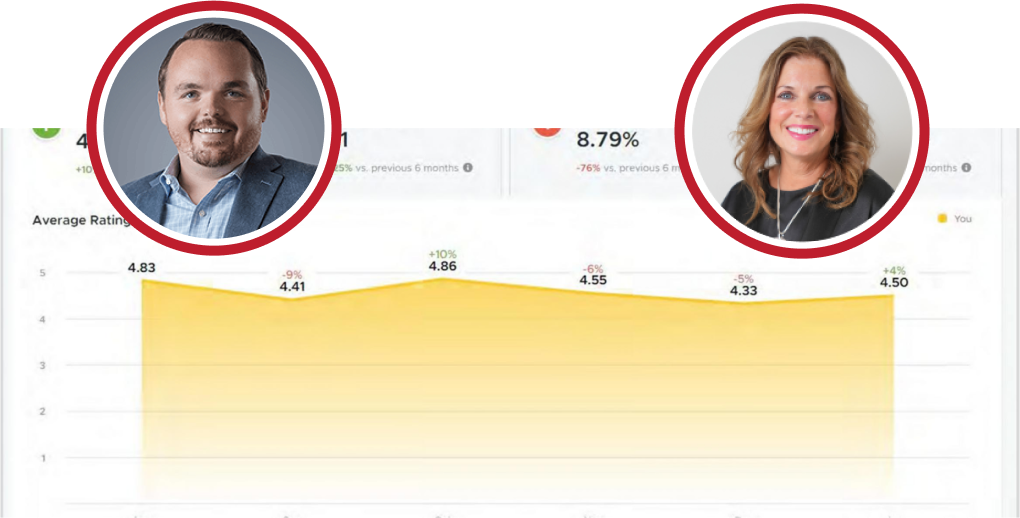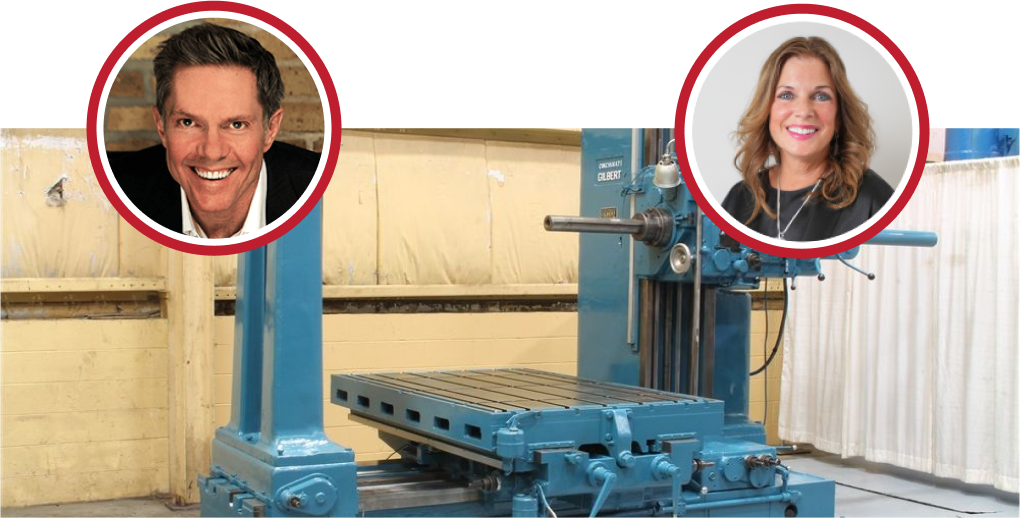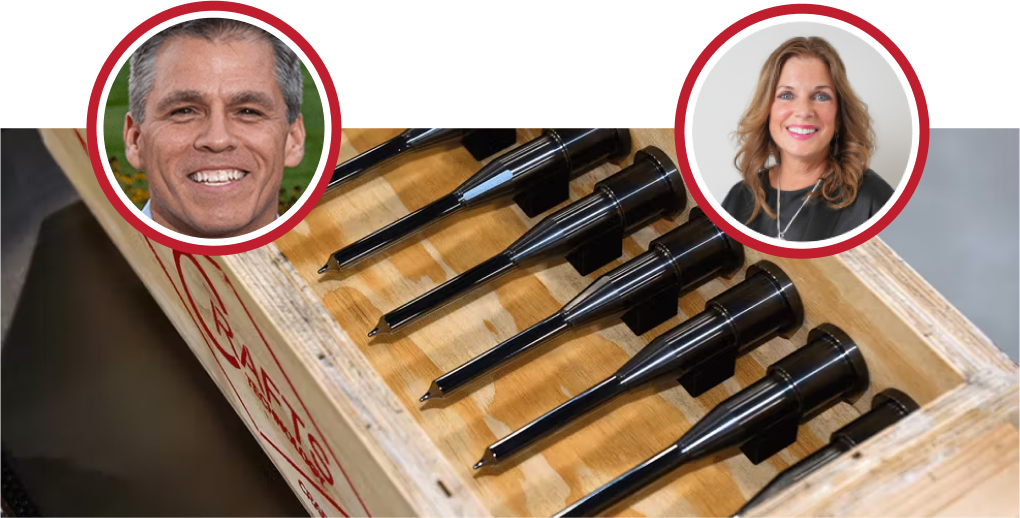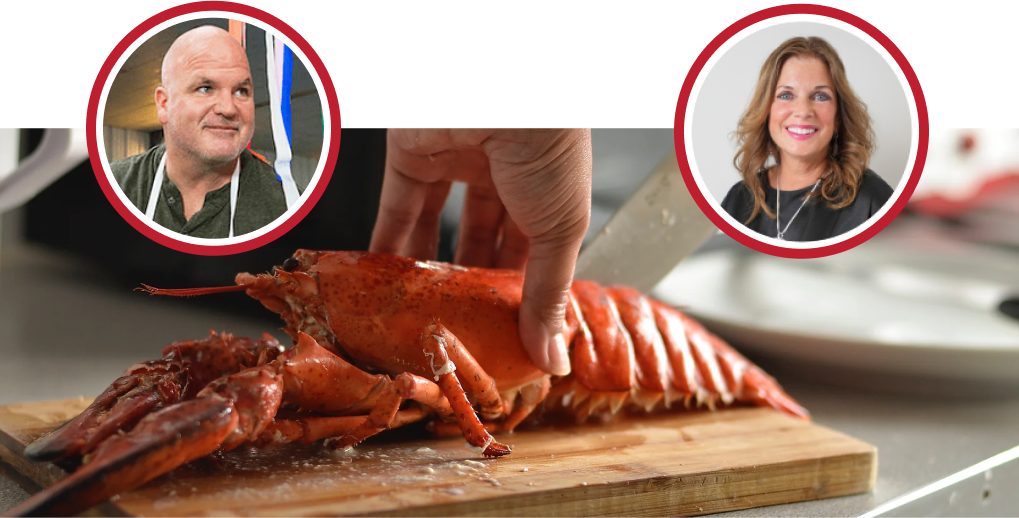Kathy: All right. Welcome to business as unusual. The live stream is where we delve into the most pressing issues and emerging trends shaping the business landscape. We’re gonna get started in just a few minutes, but if you have questions, please feel free to add them to the chat, and I’ll try to get to all of them during today’s session. I’m Kathy. Deal, and I’m the CEO of Red Caffeine and your host today. And for those of you unfamiliar with red caffeine, we are a growth consultancy, and we build and execute grow-to-market plans for ambitious mid-market companies. Our service operation includes A fractional team led by a senior-level marketing leader that enables a business to scale rapidly without hiring a wide variety of full-time staff members to move a growth plan forward. And today I’m joined by Ed Barone, A wealth manager with Evergreen. Health Solutions and a fellow EOS business runner. We met at an EOS conference that was super cool, and if you’re not familiar with E OS as the entrepreneurial operating system. But you might be wondering why a company like Red Caffeine is talking about a topic like business. Exit I got. A lot of. Texts and emails from friends or like, is there something I should be knowing about? But that’s not it. We support exits both on the buy and sell side, and as growth consulting plays a pivotal role in business exit planning, offering a strategic pathway to enhance the value and appeal of the business before it changes hands. We focus on identifying and implementing growth opportunities, ensuring the business is operating at its peak potential when it’s time to exit. This approach not only maximizes the financial return for the business owner, but it makes it more attractive to potential buyers and successors. So, you know, giving you a lot more variability in terms of the types of exits that you can if you’ve got a sound growth plan. On the buy side, we also help businesses. With a pre-assessment of their targeted assets. Sets as well as growth planning and execution post and acquisition, so helping buyers integrate brands, cultures and support them with growth strategies to get the most out of that new asset. So, this is a topic that I’m really, excited to dig into, so. And I want to ask. You, if you would just give a short intro. To yourself and Evergreen wealth solutions, as well as tell us something interesting. That’s not on your bio.
Ed Barone: Now, something interesting is not on my bio is that early in my career, I was an executive chef and beverage director and managed some pretty large conference centres for Marriott, near Aramark corporations, way back when, uh, so I still love that as a hobby cooking and actually, if you know, running large organizations like that and being responsible for teams of 100 people and so forth and budgets, I understand business owners. And it’s really led to me into about 5, no, probably about 10 years ago, I got into exit planning for business owners. And then about 3:00 to. Four years ago, I got my certified business exiting consulting certification through the international Exit Planning Association. Out of Austin. So fun. I love working with business owners. Every exit plan is customized and different for the family and the owners. So, it’s a fun business.
Kathy: Yeah, absolutely. Well, I, too, came from the restaurant industry. So, we share that. And I’m fortunately married to somebody who loves to cook and cooks very well, so that we would be starving if that was up to us. Me so, but. That that commonality in our backgrounds. All right, so let’s. Jump in as an owner of a leader of a private company. Why? Just kind of at that top-line level? Why is it important to plan for an exit? I think you know there’s a lot of fear. There’s around it. But I’d love to hear just that top-line rationale.
Ed Barone: Sure, you know. I think too many business owners. We have a. We have a line in our association, and it’s pretty much exiting your business as a process. Not a transaction or an event. Because it’s a complex, it’s a complex scenario to to sell your business. There are many advisors involved. It’s about getting yourself personally ready. It’s it’s the business ready, which will hit on as our presentation continues. But there are so many facets to getting yourself ready financially, mentally, as well as your business. Ready to be sold and run by somebody else. And the timing of when you want to exit and then what terms matter, I mean, so you know, we often sit down and just try to cipher what’s important to the business owner. And it’s usually 3 carriers. Of course, they’re family and their financial well-being. Their employees and the success and carry on in their business in the future, you know, they tend to be with every business owner their primary priorities. So, I think exit planning helps the business owner achieve those priorities and goals.
Kathy: Yeah, I mean we always are advocating for building valuation and you’re in in a business because, you know, you just never know the deal of your lifetime could come out of nowhere, and you want to be ready and prepared to be able to take advantage of something. Like that, so take. Us through, you know, I think, as I’ve educated myself. Moreover, the Last, you know, 10 to 15 years of running red, red, caffeine. I’ve, you know, really gotten more invested in thinking about succession planning. And exit I, but I don’t know that in my earlier, you know, kind of research, I realized how many options are out there for exits. So, can you take us through some of those selling options?
Ed Barone: Yeah, let’s move to the next slide. So, you know, when you look at it and I don’t think many business owners bring it down this way, but this is where the complexity starts. And you know, our first conversation usually begins with what is. Motivating them to sell. And then what are the potential buyers that are out there, right? So, when we look at it, there are five types of transfers that can occur, and that’s an ESOP, which is basically a great option if you want to retain key employees, reward employees as well as if you want to slow exit, right? So, you can do an ESOP. And do it in stages of 10 percent, 20%. Eventually, sell 50% to the east. Stop and then slowly transition out of the business over time, right? So, it gives you a lot of flexibility. It allows you to diversify your wealth by taking money out of the business and putting it into your personal wallet. And still have a business that if you love running and you enjoy what you’re doing, you just diversified your wealth, and it can be very tax advantageous for a business owner to consider an easy. The IRS has written favourable tax regulations around ESOP because you’re rewarding your employees. I think by doing one in addition to a 401K, the IRS has given you some very nice effective tax regulations to make it very, very beneficial to the other. The next one and I’ll kind of transfer to management and family together because there’s a little bit of similarities there. But when you’re transferring the management family, you know a couple of the things to think about. Are they ready? Right. I always break it down when you’re looking at it. Your managers and your family, there’s managers, good managers, there’s good leaders, and there’s good owners, and there really three different skill sets. Right. So, understanding the people you want to transfer this to the management team, you know, let’s talk about the management team. That may be great. Managers, are they great leaders? Do they have what? It takes to be an owner. And if you want to go down that road, there’s coaching available advisors out there who work with those individuals to get them to the next level. You also have to understand that there’s and here at risk with all these transfers, but transferring to a management team means you’re probably financing part of the sale. Because many managers do not have the assets to buy the business, which means you’re going to be in the business longer, and you know you really want your management team capable, what I just touched on is taking over the business because you’re basically, you know, keeping 2030% on the minimum. Of equity in the new business that you want to get out of it eventually when they’re ready to buy you out completely, right? The structure depends on the deal structure transferring the family. Same thing. You know, it’s a graduate transfer. Is your family ready? Do they want it? Right. So, the communication to the family, you know, there’s often that I don’t think it’s effectively communicated. I think there are assumptions made by the parent or by the child. Of that, the business is coming to me, or I’m transferring my business to you. Do they really want it? Have you had that conversation, right? And those conversations are vital because there could be a lot of time wasted. And not planning to sell to an outsider could be occurring because you’re assuming your child wants it. The 4th option is a private equity group recapitalization, but basically, when you’re selling to a private equity group, again, you’re probably keeping 20% of the business. You’re rolling over equity. Understanding that you no longer, you know, own the company, but you do own a small piece of it, but you own a small piece of a much larger company.
Kathy: Right.
Ed Barone: Because they rolled up several companies in your industry to create a much larger company to sell eventually. Understanding what? The role you’re going to play? In the new entity, if any role. I’ve had clients who were told they were going to be a consultant. And they never, never, never called for anything. And they’re intellectually, emotionally. It was tough on them. Not to be called and asked for their opinion and running the company. Uh, I’ve had business owners who have stayed with and worked in the business. In one family in particular, dad sold his son-in-law CFO. who was told you could stay in the business as long as you wanted, but when you’re out, your son-in-law takes over. It took him about a month. It took about a month of watching them change their business quickly. And having no say in the decision-making. To say, OK, I’m out of here. Right now, the seller won’t step up. He’s now running four companies for the private equity firm. So, it was great to see. So, you know, just understanding who is going to be the business partner and really having that deep conversation of what your role is. So, you understand it and understand you’re not going to be called for a decision. Making Right, it’s a much larger company, but it can be a very. I’ve seen most of my clients who have sold the private equity group, you know, they sell the 1st 80%; we call that the first bite of the apple.
Kathy: Right.
Ed Barone: And then they sell the. Second bed of the apple. I’ve seen it. Go as quickly as one year or five years later. And that 20% sometimes triples, quadruples that you left in the business. So, it can be very financially rewarding. Just understand your role and you know; do you want to be in that situation of how you’re going to play in the new company? And then the last one is selling to an outsider, which tends to be a synergy; we call them a synergy buyer. Tends to become. Competition can probably result in a higher valuation. And that they’re going to place in the business because of the synergies they’re going to see and be able to cut cost, or they’re going to improve purchasing capacity, right, and get better brakes on purchasing depending on the industry you’re in. So, there are lots of benefits, and sometimes your best pricing may be. Come from a competitor buying you because of the cost efficiencies after the acquisition. So, understanding all these types and understanding that each one of them has a different range of values.
Kathy: So, Ed is. There, I’m going to ask a quick question. So, it sounds like PE and strategic tend to have the most cash-out potential. Is there a revenue or EBITDA that sort of puts you into one category or another?
Ed Barone: So, you know when you. Look at the EBITDA; it’s. In my industry, I’m going to say. And then it’s by profitability. So certain industries, you know, I have clients who are in the beverage space 5-6 years ago, those companies are selling at 1415 times multiples, the microbrews right now recently I think they’re, but they come down to 8-9, right? So, it depends on what’s going on in your industry.
Kathy: Right.
Ed Barone: It also depends on the size of the company and your profitability. A lot of time. In tech space. I’ve seen anything with EBITDA under a million. You’re getting four to five multiple breaks a million, and you’re jumping to 6-7 multiple, right? So, it really depends on industry size. The other thing that happens is what we talked about you and is your business transferable.
Kathy: Got it. Got.
Ed Barone: Right. Uh. Because when you talked about EOS earlier, and if you’re running on E OS like we are and you are, and I see the benefits of it, we’ve been doing it for years, but you have put them in the peace process as you had. Developed the leadership team. Which really de risk the business for the new owners, right? When do you have all that in place? And your company is running much better because you have the systems, processes, and the right people in the right seats and the right leadership. And then you have a history of data that you created. They can look back and see your growth and what’s happened in your business. You can get a higher multiple sometimes because you have a better-run business. Because it’s easier, lots of factors come into value.
Kathy: OK, great. Well, let’s start by looking. You’ve got a real kind of interesting six step process that you use to help get a client ready for exit. Can you step us through that success process?
Ed Barone: Sure, let’s move to the next slide. So yeah, you know, this process is great. So, we initially sit down with the client, and we get to understand their goals. I alluded to them at a much higher level of the three important things, which are family and finances, employees being taken care of, and the business. Continuing success with the new owners. But we even dive deeper into that, right? What’s important to that family, from a financial standpoint, from their standpoint, is their charitable giving that they want to occur prior to the sale after the sale at death. So, we take a holistic financial planning look from a goal perspective at that and the state planning. And then we start to have a conversation about employees. And what, you know, the culture matters. So, identifying that company that cultures are going to align your employees are going to do. Well, that matters to some business owners. I’ve seen deals pulled because the new potential buyer has not inquired about the employees and who the key PPO people are. And the owner was scared that those people were just going to be let go, So, He pulled the deal. So, you know, there’s things that we try and dive deep and flush out. We try to understand the business and its goals for the business, and we start to set that parameter, and then we dive into the financial and mental readiness. The financial readiness is really on the personal side. You know, we may have a business owner calling and say, hey, I’m getting 20 million, and then they realize they’re getting 10 million after taxes, fees, liabilities, paying paid off, and is that going to maintain their lifestyle.
Kathy: Right, right.
Ed Barone: Well, so we did a deep dive of I have, you know, it’s funny. I’m working with the business owner. We started a conversation a couple of years ago. And I said, what are your personal expenses? He said Ohh, 5 to 10,000 a month. He said he can’t be. I know his lifestyle. I know him well. I said it can’t be I said. So, we’re going to sit down. We’re going. To go through this, well, it’s up over 300. 1000 a year, right? Because as a business owner, you’re taking advantage of it. Things that you can run through the business which is pre-tax free? Your car, your vehicles, right? Some of your memberships that you’re going to continue, but you’re using pre-tax money. Salary: we’re going to use post-tax money. How? Does that impact you? To pay for those expenses so. We really dive deep into the personal financial situation. The mental readiness. Becomes the biggest obstacle for a lot of business owners. Because, you know, it really becomes about whether they are mentally ready to step away from a passion. That they really love doing, you know, I classify business owners in three areas, and it’s the Craftsman, which is about 75% of the business owners and a business is involved because they’re good about what they did. They loved what they did, and the business and the company grew. Then you have. I call them the freedom fighters; 20% of them just can’t work for anybody else. And then you. Have 5%, which is 0 entrepreneurs, and those guys are ready to sell the business because they just love building, growing, and selling. They don’t get attached to any business, but it’s really the Craftsman that I think has the hardest time selling. Because he loves what he does, and what are you going to replace that with? So, I asked a business owner. Through this mental readiness, what is their business card going to say the next day after they sell the business? I have business owners who have sold. In their 50s. Well, off their board.
Kathy: By by.
Ed Barone: They’re not being mentally challenged, right? And you know, you try and prepare for it. You’re not going to golf 60 hours a week. 80 hours a week. You’re not going to fish that long. You’re not going to play with your grandchildren that long. So, you really gotta start thinking about what you are going to do afterward. Are you going to become a consultant or an advisor? Are you going to get it? More involved in Charitable organizations that you have a passion for, right, and helping others. So, it’s a tough thing. And then the other piece of. That is your business. And your business is your ego. For business owners? It’s who they are in the community. And for them, they’ll lose that overnight. Sometimes it’s very challenging, right? Not to be that person that they’ve been for the last 30-40 years. So, it’s a sense of. Feeling a loss of identity of who they are.
Kathy: Yeah, absolutely. I mean, I think we, I’ve talked to so many people that have exited and expected something different. I really respected a close friend of mine who just recently transitioned. He’s they’ve got an ESOP, but he got a coach. They had exited businesses multiple times just to be able to have somebody help them through that process because, to your point, you know, most of us start businesses because we love what we do. So, imagining, you know. That gap is. It is challenging for many, many business runners.
Ed Barone: Yeah, I recently met with a president from a university who was 27 years at that university in the last 1015 as President, and she that first year was very challenging for her. If she just lost, she just left her family and really had to remove herself. So, the new President could step in, and no one called her right. But she really felt a loss of connection with the people she had known for so long. And what was she replacing it with so? Not you, you may not just have to be a business owner. You could be just a lover or a person who loves what you do. So, think about that as you get ready to retire, and then the third is we try, and we’ll go through this, but discovering the type of owner they are. And we’ll go through that in the next couple of. Slides, so I won’t. Spend a lot of time learning your exit options, which we talked about in the previous slide. What are the five exits? And then, knowing the value of each action, each one of those exits is going to have a different value in a different range, right? And that’s going to tie back into your financial readiness. West, your exit is going to provide you with the funds. But also, which exit is also going to provide you with the other priorities? You know, do you want to click exit? Do you want a long exit? What does that deal structure look like? So, there are lots of factors that we started to tie in by knowing the value, your exit from all the conversation and discovery that’s happened. And then the last one is executed. Your plan and protect your well. And that is really, you know, all right. Here’s where you’re at. Here’s where you are on a personal level: do we need to grow the value of the business? Many people like you. Most of the business owners that I work with, a lot of them are under the 4050 million in value. Sometimes, we need to grow the business a little bit more to meet their needs. We look for growth advisors like yourself and your firm to come and help them; there are other advisors. There could be 5-6 different advisors that we start to introduce to this process to execute your plan and some critical advisors that need to come in. And we have attorneys involved and we look at your state. The corporate docs are there in good order, so you know there’s then you need an M&A attorney, right? Then, you need an M&A advisor to take you to. There are all these other consultants we have to start bringing in. Execute your plan. Do we need to do an HR audit? And make sure your personnel files are in good order, right? So, you can start to see many things really need to start happening to make sure. That your business is ready to be sold, and it’s transferable because of the cleaner you are on the market. The more success and the better price you’re going to have because there’s you’ve reduced a lot of potential risks that will occur that people will discover through due diligence.
Kathy: Yeah. And I think it’s interesting because a lot of times, I see owners feeling less inclined to invest as they’re starting to Prepare for the exit, Which I get to a point where I understand you know you know that everything falls back and you’re looking at creating a strong EBITDA but. If you are lacking and you don’t have that transferable, transferable business, I mean. There’s going to. Be things that you’re not going to get in terms of valuation because you have under invested in in systemizing something. So, I think that’s an important note is kind of talk about like Timeline. And those types of things in a bit, but.
Ed Barone: And the more, the more risks that are discovered through due diligence in the sale. Tensely, your holdbacks are getting larger, or your earnouts are going to get larger, and you’re getting less at the close. Right. So, to your point, having everything in place and having the right advisors at the table to explain the history of the company and all those things and make sure you, you know, we can explain any anomalies that occurred in your business and things that have occurred and have. Been cleaned up so.
Kathy: Yeah, I love it. All right, I know. We’re going to dive into a couple of these things. So, I think we’re going to the next slide.
Ed Barone: So yeah, so on our website. So, on our website, we also have a division called EG exits.com and this is where all our exit planning information is for anybody who wants to go look, but this is a survey we have out there that people can take. It’s the business Readiness Index survey. And the clients say that it takes about 5-10 minutes. And you go through it, and we want to understand where you are from a financial readiness. And where you are from and mental readiness. And this is important for us to know because this is where we need to know where. We start you in the process. Right. So if you’re in the bottom left of low financial readiness, low mental readiness. This means we need to stay and probably grow the business. There may be there’s potential exit strategies there that we’ll get to or are you financially you have high financial readiness, but you? Love what you’re doing. You’re not mentally ready to. You know, the bottom right corner. Get Me Out the highest price. You’re mentally just done, and the financials aren’t as important. Right, you’re just exhausted. The industries change whatever is going on our growth through exit.
Kathy: Social unrest, I mean, all the things you’ve. Gone through in the last few years.
Ed Barone: Absolutely. I have two business owners. Who we’ve engaged in the last six months, we walked in, and we had a 2-hour conversation at the end and said I’m tapping out. I’m done. Right. They’ve been through a lot over the last 10-15 years running the business, but the goal is really through exit planning to get you to the top right corner. You have high financial readiness and high mental readiness because once we get there, you have all the options and when that first slide and on what terms. You get to dictate the terms if we can get you there.
Kathy: That’s a beautiful thing.
Ed Barone: Right. And that’s our goal to get you to the point where you Have all the options of exiting possible and it helps with deal structure potentially too, right? If you have high financial readiness and we know everything, so that’s our goal. So, we can move to the next slide. So same chart, right? But now we’re starting to lay over the five exit strategies, what type of owner you are, and what type of exit strategies could apply to where you’re at on this chart. So again, if you have low mineral readiness and low financial readiness, the bottom left quadrant. You know, private equity group. Give you some money now. Have a hold back. Have you rolled over some equity and let it grow? ESOP could be a great way to start having a potential purchase or transfer of the business. High financial readiness up top, low mental. Management buyout. Gifting the family an ESOP again, right? The bottom Right is pretty much it’s going to be Get Me Out, and it’s going to be a buyer, right? If an outside buyer, most likely because you want out of the business, you want to avoid hanging around in the business over a couple of years. So, we typically see a. An outside buyer is coming in for that, and then in the top right corner, as you can see, all the options are available. That’s where we want to get you right. When we want to get some shares of charity, sell it outright to a private equity group or an investor or synergy buyer, ESOP, you don’t see management buy out there. Because sometimes you’re rolling over equity for a while doesn’t mean you can’t do it Because you have the flexibility and we got me rich and ready to go to get you transferring the business. So, let’s move to the next slide. So, through the exit process, we really want to know the value of the business, and typically, once we have a client say alright, I want to move forward with us. We start the evaluation process right, and let’s get a value because we need to understand, from financial readiness, what you need the net. From the business. So, you know, if we looked at an internal transfer, how is that going to be valued, right? So, if you look at it? An ESOP. You look at gifting to family. The IRS says they want you to. Use a fair market. The transfer that. And some discounts may apply if we get out there and we do this ahead of time. And that goes with any type of sale that I’m going to touch base on really quick is, you know, if some of your business is going to put you into federal state tax planning. We want to know that, too, because there are good estate planning strategies and charitable gifting strategies that we need to develop well beforehand. You go to market.
Kathy: Right, right, right.
Ed Barone: Or the IRS. You’re going to try and take to some market and do these things at the. Last minute and. The IRS is going to say no, no, no. We know what you’re doing now. Right. But if you do it, that’s why we like to tell people to start planning a couple of years out. Three, at a minimum, 5 betters. I have one plan for a 10-year exit. So, it really depends on the client, but then you get down to a management buyout, which kind of, you know, crosses over from a value standpoint to an external transfer.
Kathy: OK.
Ed Barone: And the external transfer, you know you have the private equity group recap or sell through a competitor. You know you’re going to get market value. There’s an investment value. People are going to place on. It I talked. A little bit about synergy value. If it’s a competitor, if it’s a private equity group, they’re rolling you up into a. Industry company that’s in your industry, that’s just much bigger. So, there are opportunities there to get a better valuation and better cash on the deal. And deal structure matters. So that’s where the management buyout you’re probably going to look at it from an investment value standpoint. Still, that deal structure is going to be a little bit different because of the scenarios of probably having to self-finance some of it for the buyers.
Kathy: Yeah. So, I. Think the next? Slide you do. A lot of surveying with your customer base and so this, you know, gives sort of the. Landscape of were typical. Business owners’ kind of fall in. So, talk about some of this analysis. What you do with?
Ed Barone: Sure, sure. This is the same slide again, financial aid in this manner, orienting this Right, and we have a client take this survey early in the conversation to see where they’re falling, what we’ve seen over the last 15 years. All of that is anywhere between 82 to 85% fall in the low metal and low financial readiness categories. And we really need to. Get you over to that top right quadrant of the total surveys that we typically see about 66. Percent end up in the bottom left quadrant. So that’s a pretty of the 82 of the 100 percent, 66% are down in the bottom left quadrant. So, exit plan is very useful for getting a person to where they need to be on the exit. And know what they need to extract and their mental readiness, and all those conversations have got to occur.
Kathy: Yeah, I wasn’t incredibly shocked by this data, but it I. Think it really is a. Wake up, call to being prepared and doing that investment in both diligence on your, you know, in building up your business and making sure you, you know, really looked at your finance and have a have those two. Plans sort of working in the same, you know, on the same track. All right. Let’s kind of switch gears because I think this. It is important to talk about. Business readiness and you? We talked a little bit about it at the start of the conversation. It is creating that transferable business. Let’s you know, let’s. Dive into that topic.
Ed Barone: Yeah. So, you know, let’s move to the next slide. Uh. But we take business owners, so we call it the ODI; the owner Dependents index is a survey. Again, 1015 minutes, and we take business owners shoe that so we can get a score of how much the business is dependent on the owner in eight areas of the business. Governance, finance, how involved are they, right? Because if they’re very involved, then they’re controlling everything. That’s not good from a risk standpoint for buying, right? So, we talked about creating that management team, then right, #2, who’s your management team? Are they future successors and owners, or are they key assets to the new owner?
Kathy: Right.
Ed Barone: Right, because the. The private equity group, the synergy buyers, and the investor who just buys multiple businesses and is not the CEO of any. The more you can have a leadership team running that company with with little involvement from you. Now you’re at a transferable business. And you’re going to get a better price as a result, because you’re going more. Buyers to the. Table they’re going to see a lower risk profile. And buying your company? Because it’s just much better run then there’s the industry activity assessment. So, every business owner, you know what’s going on in their industry, would do that from a buy standpoint. And then, as well as the company performance assessment what are the metrics that are being looked at in your industry? By buyers that are going to increase the value of your business, and what are they looking for as far as those metrics underneath the hood of your business?
Kathy: Well, I’d love to dive into that a little bit, but let’s go back to, you know, the first one just for a minute. And as you have been evaluating businesses, how where the most businesses? All on that one to 100 scaling period.
Ed Barone: And they were. Anywhere from about 55% were give or take. Businesses are dependent on the business owner about 55%, depending on the area, there could be 80% in one of those categories, 90% in one category, and we start to see those numbers. We’re like, OK. You’re too involved in this area too. Involved in this area. Who’s your leadership team? Who should we be developing? Or is he on board, and you’re just not willing to give up control? I find a lot of business. Owners are very controlled Organic, too. Since then. Eight. It’s who they are. It’s their baby. They build it ground up, and they don’t think anybody can do what they do, and that’s hard for them to let go. So, you know, we start to identify where they’re at in each of those categories, those 8 categories and. How do we reduce the dependency in those categories?
Kathy: Yeah. And I think you know being both, as we talked about earlier. In the discussion, both E. OS companies were huge fans, huge fans of the process. You know, and like, you know, we really advocate for revenue generation systems building that. Repeatable, scalable sales process. What? Do you know what are some of the other performance areas that help improve company valuation?
Ed Barone: You know, at that point, we start to look at and understand where their issues are from the standpoint of sales, and are there sales and marketing issues that’s affirm like yours coming and help? How involved are they on the finance side of things? Do they need a CFO? Often, I find that a business owner does not want to pay for a CFO, and they don’t realize the value of having a good CFO and how they can improve the performance and the numbers of a company, one that eventually becomes higher once, suddenly, the light bulb. Goes off right.
Kathy: Right.
Ed Barone: When they get to that level and comfort. Level, so there’s lots of. Areas that really dig under the hood. We also look at, and we do a profitability analysis. The last one we did for our client was the tech industry. Good, good, well, run company. But there was an area where they were losing on their products. Product sales of hardware, which wasn’t a big part of the revenue, but they were losing 182,000 on their hardware that they didn’t know about, so when you look at that, You’re out of five multiples. If you can just get that to break even, you just improve the value of your business by $1,000,000.
Kathy: Yeah, that’s incredible.
Ed Barone: Right. So, we really try to help them run more effectively. We look at profitability as well and try to improve that from the evaluation statement.
Kathy: Yeah, I’ve seen a lot. Of companies in the space looking at their tech infrastructure, cybersecurity is there, you know, an appetite for de-risking those parts of a business.
Ed Barone: Absolutely. We recommend, you know, depending on the industry and how cybercrime and fraud can? It can hurt the company’s reputation. The reputational damage can be huge. If you’re a finance company, right? And handling people’s money. So, we really dive deep into those other areas, bringing an HR person we recommend doing an HR audit. You know, I just did a podcast with an M&A attorney, and she said don’t try and hide. A personnel issue because a private equity group will find it in the files.
Kathy: OK.
Ed Barone: We’re waiting. Clean up those issues, settle disputes, and get them signed off and done. Right, clean up those problems because they, again, A buyer sees risk when they go in the due diligence. So, there are lots of areas where property and casualty audits should probably occur. Did you have the right liability coverage over the last five years? If you’re selling products that could break and hurt people, right, anything that could cause harm and create lawsuits? Did you have the right liability coverage for the last five years or 10 years when the products or services you’re selling? So, there is, as you can see, as we talk about? This can be. And selling your business and getting prepared. Through the exit plan. But you can really drive value.
Kathy: Yeah, absolutely.
Ed Barone: We’re running it if you’re, if you’re looking at this and you, you know, you’re looking at everything, you can really drive. Value in this and so forth. So, there are many other advisors you could bring to the table. We don’t do all these things. We can’t wear all those hats, right? We run the exit plan, and then we reach out to certain advisors as we identify. Opportunities to be improved.
Kathy: And I did get a. Quite a couple of questions from our audience. So, you talked. About owner involvement being a risk, how do you work with owners to de-risk during that transit transition plan? Just what does that playbook look like? Is that something? That you offer.
Ed Barone: CEOs that I that I’m involved with, who they all wear different hats and different consulting, but you and I know that to me E OS. If you’re not running unless considering the OS, I think ES is part of the exit planning process to create a transferable business. Right. It makes you. Develop that leadership team. It makes you look at what are just the key processes. You need to have in place the drive your business. Don’t over-process everything, but what are the key processes that improve client satisfaction and profitability that you should be running, right? What’s your vision for the company? All these things come into play as far as de-risking the business. And I think, you know, the one book that I read before we adopted the OS was Traction, and that’s what it’s based on by Gino Wickman, and it’s interesting that they’re private equity companies now.
Kathy: Exactly right.
Ed Barone: We look for EOS run companies.
Kathy: Yeah, yeah.
Ed Barone: Because there was a data square card to keep data that you track weekly important numbers, and it just, you know, it makes all this, you know, when you think about that and when you hire the investment banker to come in and sell your business and you can hand them five years. There’s of the square cards you created, the measurables and how you looked at your numbers and manage, and you could show the growth. Based on what you’re measuring and so forth over five years, it just helps the story, right? That shows you’re a good-run company of documented processes in ways that just make the new owner feel much better. About buying your company.
Kathy: Yeah. And I mean frankly, just having you know, we’re working right now on some acquisition integrations and when there is you. Know where they’re void of data it’s. Really challenging. So, it takes a lot to, you know, kind of bring them up to, you know, to the. Right level to be able to integrate them into the other organizations. Well, very important, there’s another question. Earlier, you mentioned a separate website that was a resource for business owners to help them onboard. What’s a piece of advice you have for someone who might be on the fence or scared to take that first step? So, it sounds like if I’m hearing. This correctly that you know this does I, I. I do think there’s a little bit of fear for so many reasons around talking about sales. I also think there’s an out cook and, you know, like, behind the scenes where it’s not very transparent to other people in your organization, and I’m not a huge advocate. Of that, but What are some things that you can, you know, give to our audience to help them feel more confident, at least taking that first stop?
Ed Barone: I just presented at a conference down in Nashville about two months ago. A client of mine in the text phase has a study group of several tech entrepreneurs, and they share, and they key to each other accountability, and they asked. Me to present on that trip planning. Other ones in the room, there was only one person who had a business succession plan in place, and it seems where am I going with this? Right? But I always tell you that when a business owner starts an exit plan. Does not mean you have to sell.
Kathy: Exactly. Yeah, I think I started like I.
Ed Barone: Preparing the company. In the event of death or disability, something drastic happens, or you can’t run the company anymore. You have started to map out and create a transfer of a company.
Kathy: Right.
Ed Barone: Right. And your company’s probably going to improve when you’re running when you’re running on all cylinders of covering all the things that we just discussed that the US could bring to the table, you tend to see improvements along the line, so.
Kathy: So, I’ve got an. You know, I really agree with you so much. Overall, you know, creating systems and processes and the OS structure. I, I mean, I just think it’s. Been a tremendous asset to running my business. But what about things? Like brand, when we’re talking about the intangibles. That factor in devaluation, can you speak to some of the other types of intangibles like brand getting a good?
Ed Barone: Listen, at the end of the day, that’s. What we’re selling, right? For some brands. We can all produce a product. But you know, you know, we talk about goodwill, but the brand is what you’re selling. What’s your reputation in the market? Because if you have a good reputation, your business is growing, and you have a reliable product or service. That’s all correlates to your brand. And value of your company. Right. I look at some of my clients, I’ll go back to the beverage industry, but you know, creating a brand in that industry. That eventually starts taking over shelf space. The big boys know this, and once you take over so much shelf space from them, they’re coming back to buy, right? So, brand is important, and I think what you do for clients at Red Caffeine is helping them develop that brand. Also gets their name out there to potential buyers. Bringing that brand awareness to market and creating that brand and that identity that you’re good in this space and what you do in these spaces is critical to a successful and maximizing of the value of your business.
Kathy: Yeah. Well, I couldn’t agree more. And I really. Appreciate that little shameless plug you did for Me, but.
Ed Barone: It’s what we’re selling is our brand.
Kathy: So, Ed, you know, my friend Bo Burlingham wrote a book called Finish Big. I think it’s an exceptional exit planning book that tells some real stories around, you know, exiting your business. Are there any other resources that? To, you know, suggest to potential clients.
Ed Barone: So, the founder of the association that I got my certification for business exit consulting through the International Exit Planning Association, John Lee and Eddie was a founder. I think it’s 1214 years ago now, but he wrote a great book called Exiting Your Business and Protecting Your Wealth. I think it is a great book for business owners to read. The other business book for family businesses I like is The Family Business of Steaks by Roger Warren. So, there are. Two books off the top of my head. I’d recommend the business owners as well as traction. Traction, to me, is a part of exit planning.
Kathy: 100% agree and you know we work a lot manufacturing and. There’s a lot of. Of Legacy family businesses, it’s, you know. We’re fortunate, too. Work with a couple of businesses that. Celebrated 100 years, and that’s just kind of a a remarkable feat. But so wow. I cannot believe we’re, you know, starting to get to the end of the hour. Is there anything else that you can share with us that we should, you know, think about what would be your top three things in 2024? People should have on their minds in terms of building more value in the organization.
Ed Barone: Building more value, I I’d really, you know, I’d start to look at one thing as a business owner is how involved are you in the everyday aspect of the business. And how do you start grooming or developing someone? To step into your shoes to take over those reins because that takes a while. That’s not an overnight thing to accomplish, right? Understanding what your niche in the marketplace and, I think, working with an organization like Red Caffeine, how do you build that brand in the marketplace and become true you know where your regional company, national company, how are you getting that message out that you are the best at whatever you do right? I think that’s important. And then I think the other thing is, as far as you know, I look at it, it’s never too early to begin exit planning. Right. But one day, it may be too late because I’ve seen some bad situations where exit planning wasn’t, or succession planning wasn’t planned for. And the value of the business they did not get the value of the business they did when it occurred because of the circumstances of how the business had to be sold or when it had to be sold because of uncontrollable circumstances. You know, I would say if you haven’t thought about exit planning, succession planning, I would say make that a priority. And the other thing is to go back and look at your corporate books. I’m getting a couple of things here because it just keeps. Flowing and everything you. Need, but there’s so. Many businesses that you know, they started their corporate books and their documents and maybe they bought out a partner and they never went back and revised the shareholder agreement. Right. So, all these little things need to be cleaned up, looked at, and get your house in the Right and good financials. You know, one last thing I can’t say is so important to get your business going the market is to make sure you have the right CPA who understands what it takes to take a business to market to sell it and what financials are going to be looked at because when an investment banker goes in there, he’s going to go back three to five years. And he’s going to want good financials to look at where they’re going to start from scratch and say, alright, we got to get a CPA. You need to change CPH because of the directors we have. It is not good for us to go to market. They’re not clear. They’re not concise, they don’t provide the detail we need that we can explain to a buyer as well. As you can see, there’s a lot of things, you know, prioritize them. What can you tackle when? But that’s a few things I can think of another. Dozen. But that’s a few.
Kathy: All right, well. We will circle back next year, but your laundry list for 2025. Thank you so much. So, Parker, can you advance the slide and let people know how to get in touch with Ed if they’ve got more questions? We really want to thank you so much. This was incredibly valuable. You can reach out to add on LinkedIn. He’s also shared his email address here. Just put business as unusual in the subject line, so he knows that you came from our lives. And then I want to make sure to thank our sponsors. You know, without them, we would not be.
Ed Barone: Great idea.
Kathy: Able to put. All the content that we do for business is unusual. So, we’re grateful to Insperity. The folks at Insperity M3 Learning. And HR sources are our three sponsors. Excited. I cannot believe we are; you know. This is the last. Business is unusual in 2023, and we are really, really excited about our next guest, who will be here in January. We will be talking about customer research. It’s something that we really, really believe in. Like seems like a no-brainer. Talk to your customers and find out what they want, but we really hope you’ll join us on January 11th for an exclusive session with Ryan Paul Gibson. He’s the co-founder of content. Lift and we’re going to dive into the art of understanding your customer’s needs, behaviours, and preferences, and Ryan and I are going to talk through the techniques we both use in our organizations to conduct effective customer research and how we’re helping our clients build strong customer relationships through that. This session is a must for leaders that are navigating complex markets, which, you know, I really am challenged and know that there are not any very complex markets today and, you know, help us could sharpen our competitive edge. So, we welcome you to start your year off right and. Elevate your business by centring your growth strategy around your customers. That seems like Willie Sage’s advice and, so don’t miss this opportunity to join us in January. The registration will be open by tomorrow. So again, thanks, Ed. I am really thrilled to have had you on our show today and thank you.
Ed Barone: Thank you. As enjoyable, everyone has a great holiday. Had a great New Year.
Kathy: Yeah, let’s, let’s go. Kick some button in 2024.
Ed Barone: Absolutely alright.

